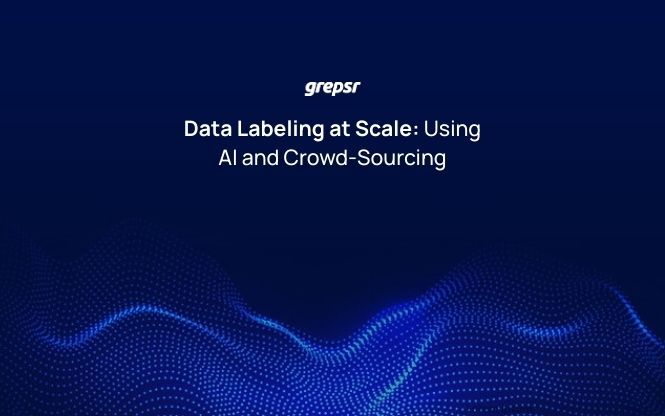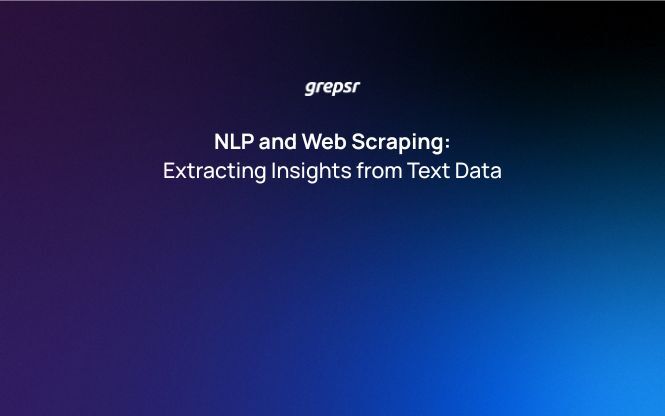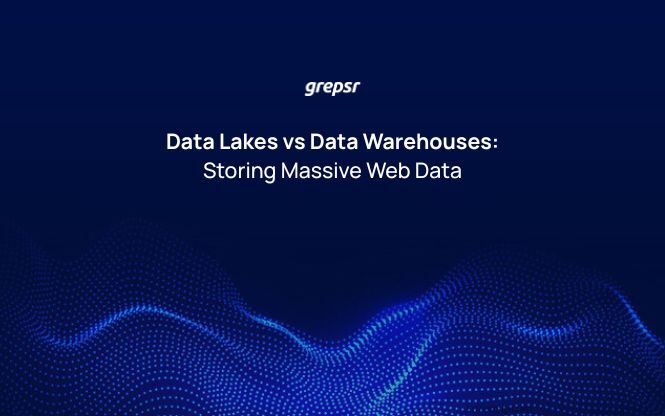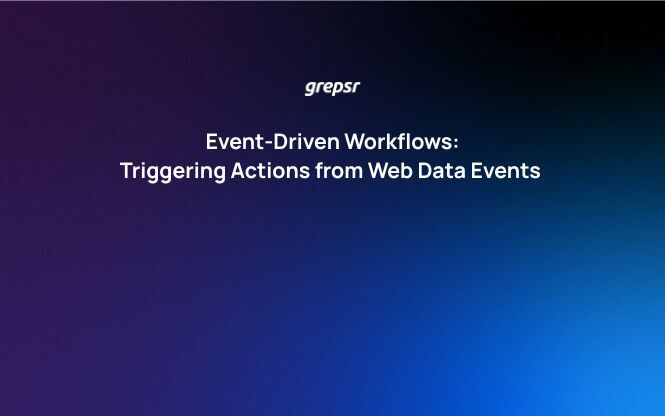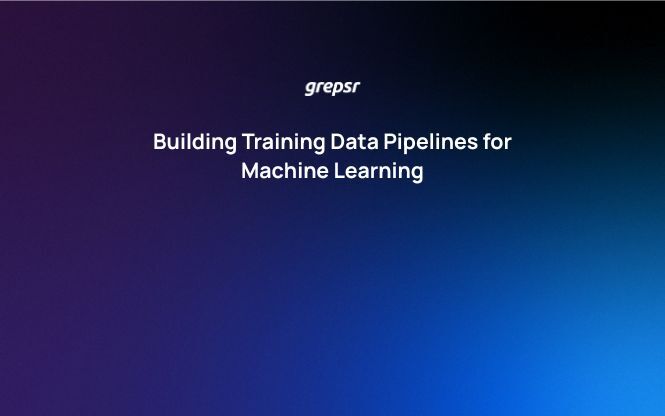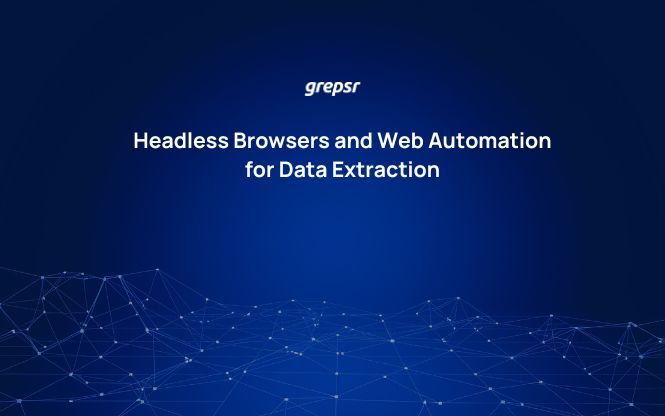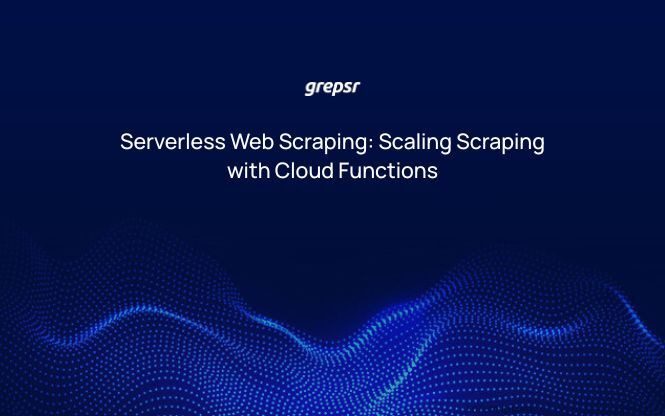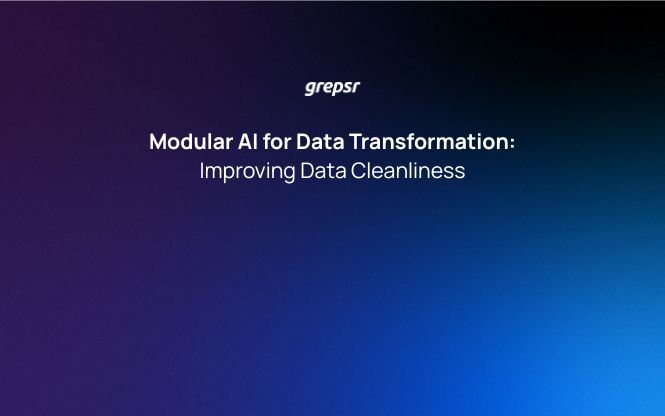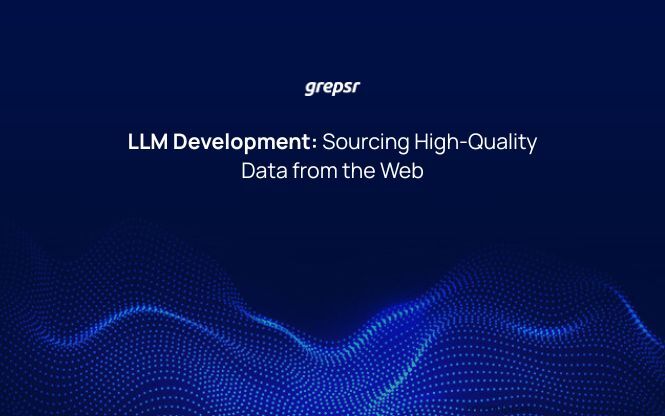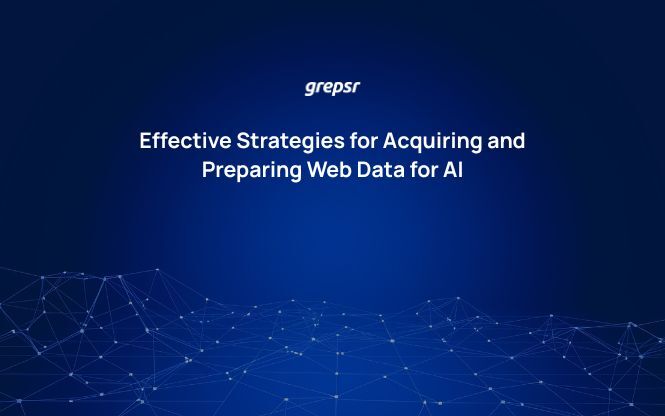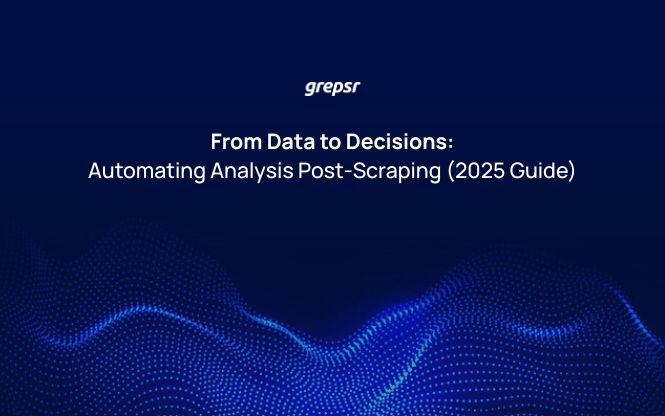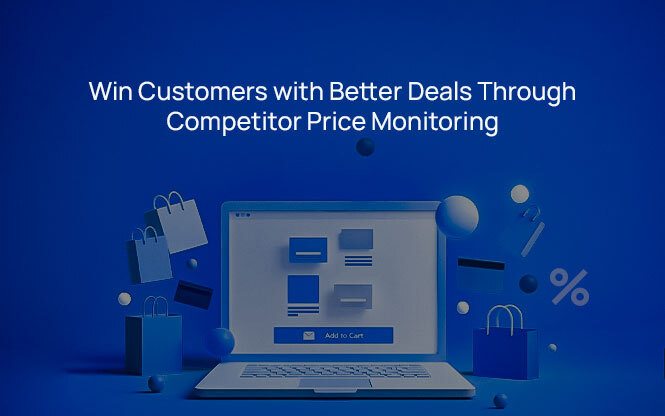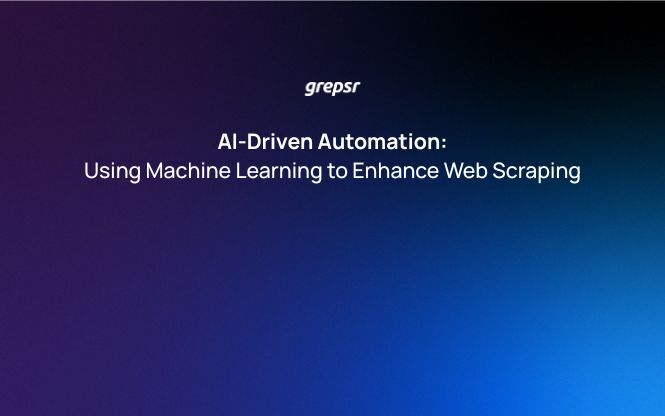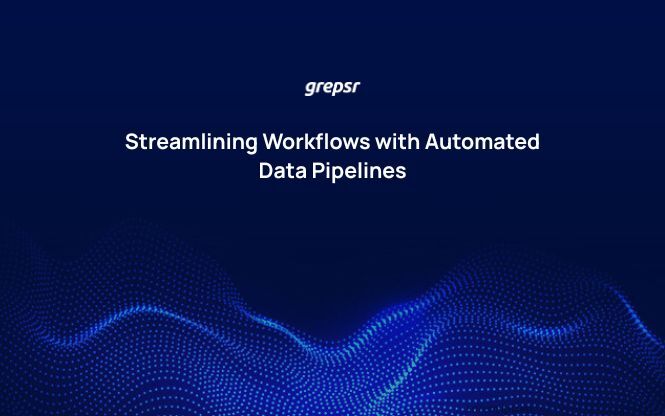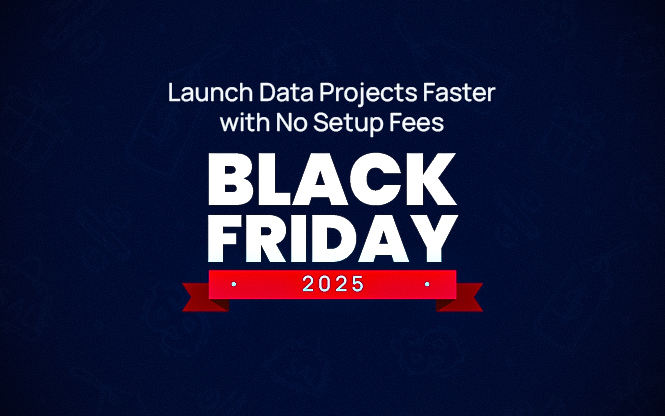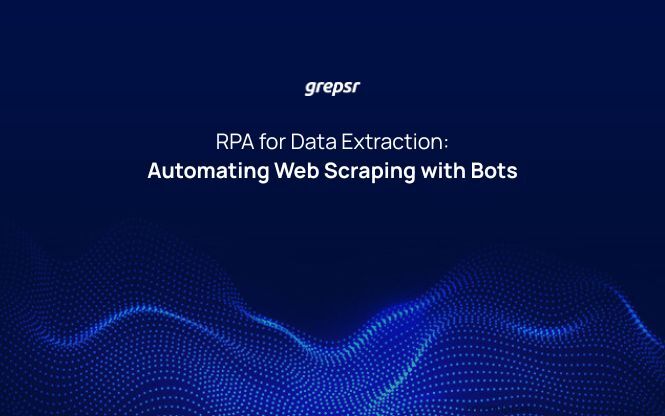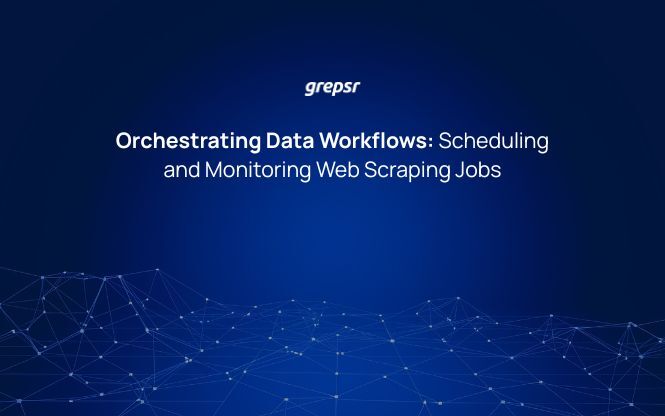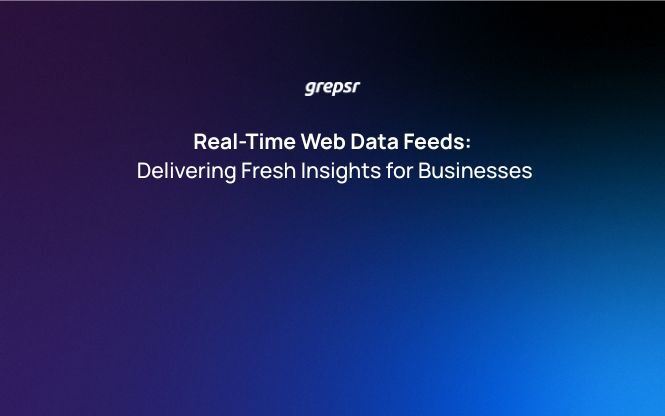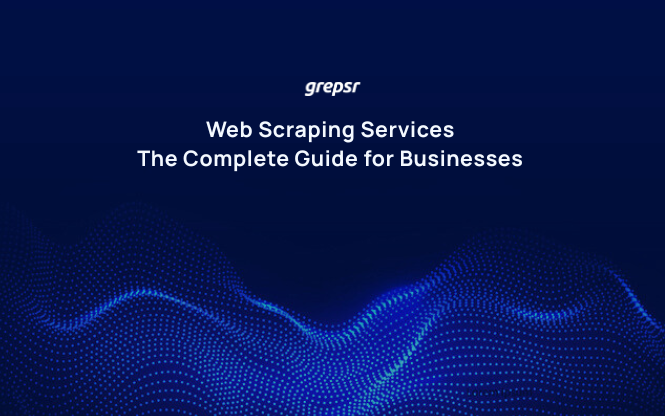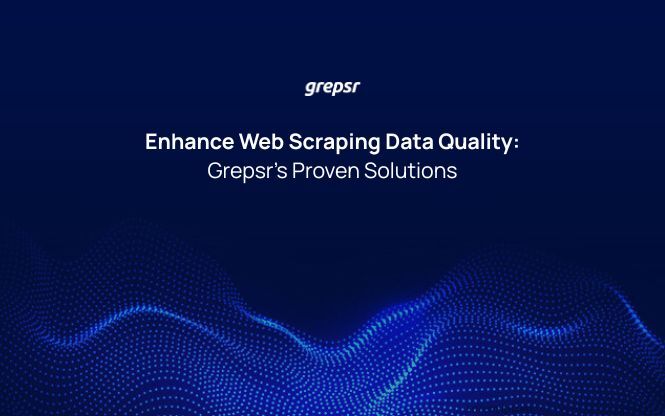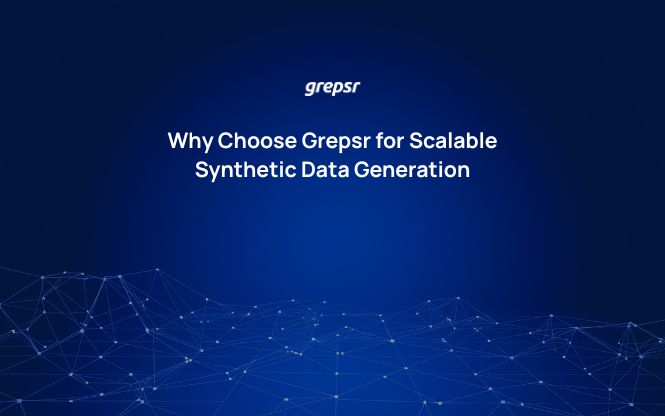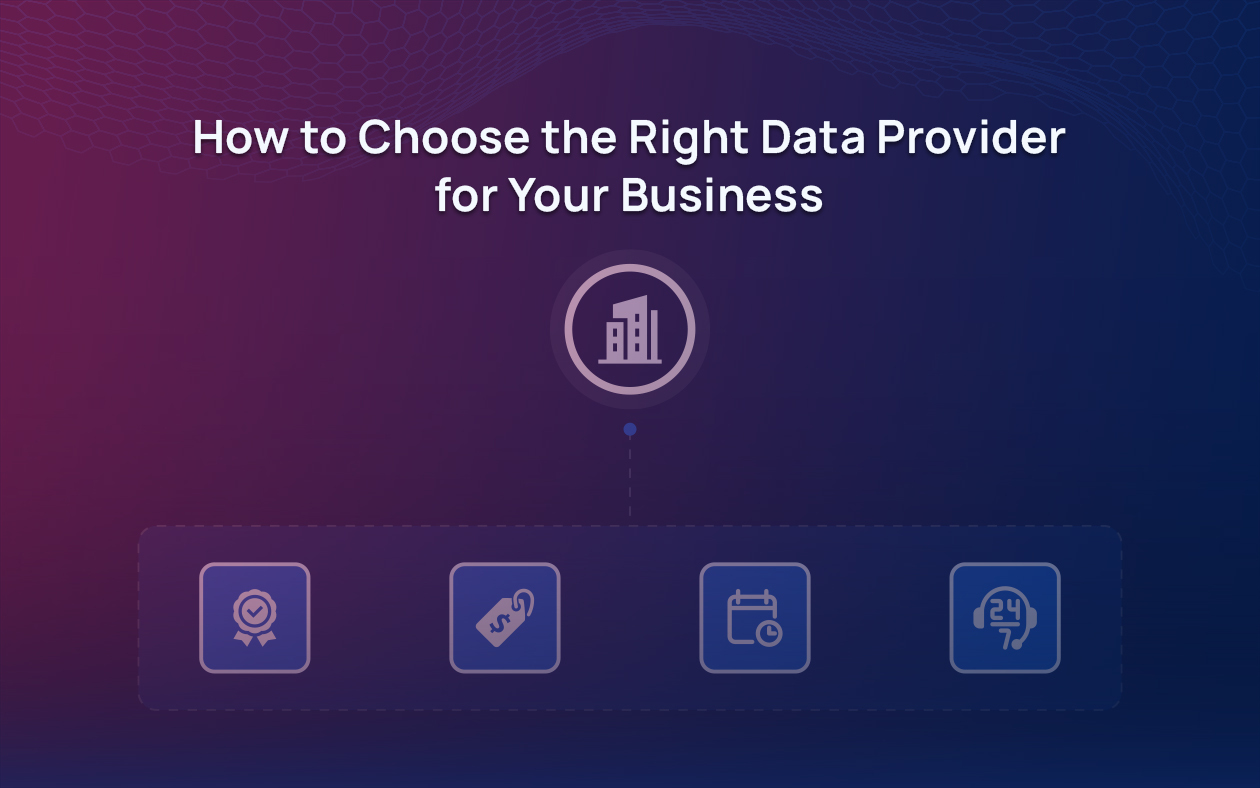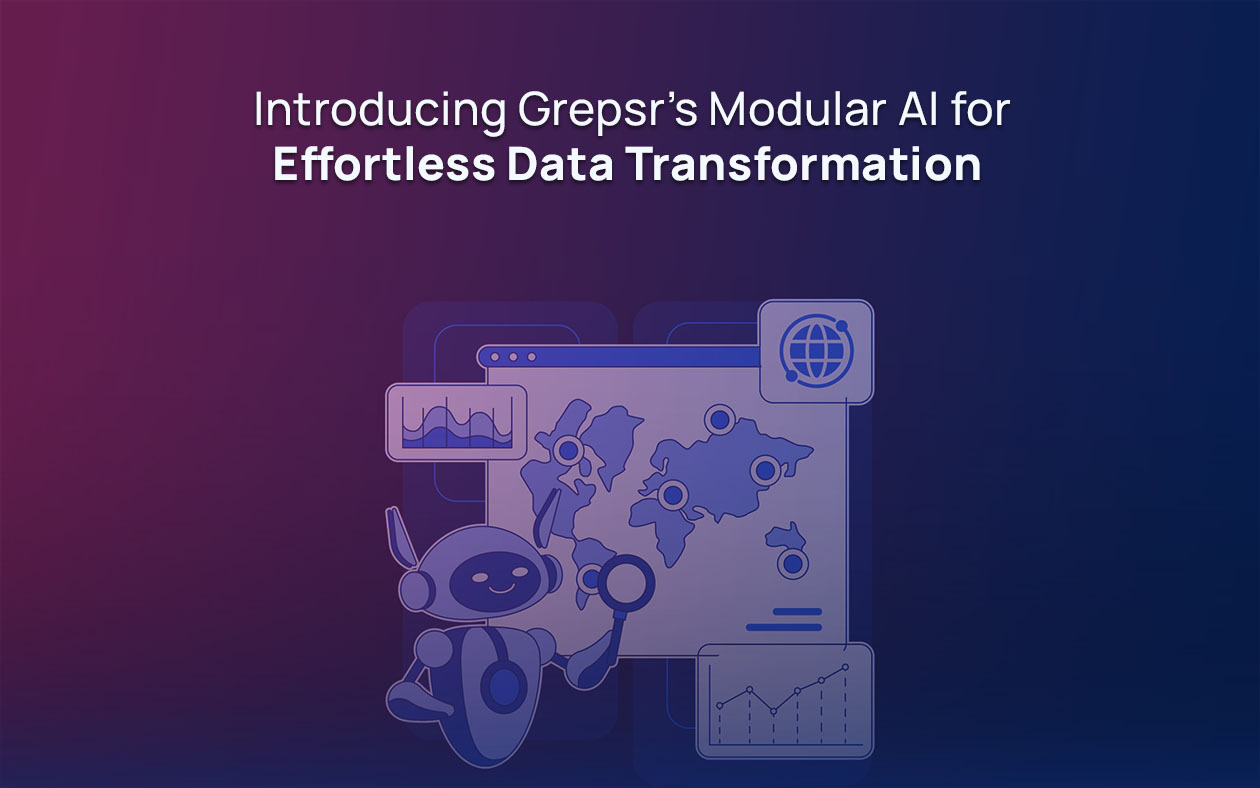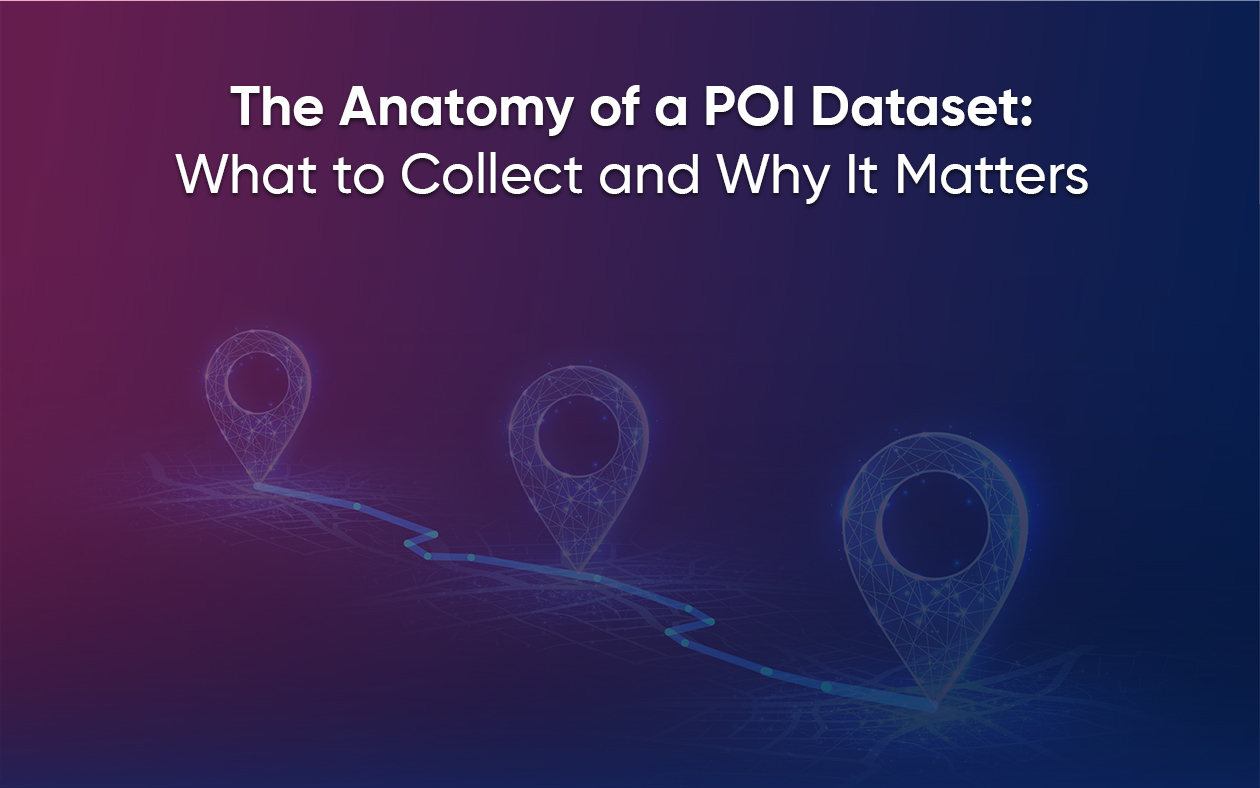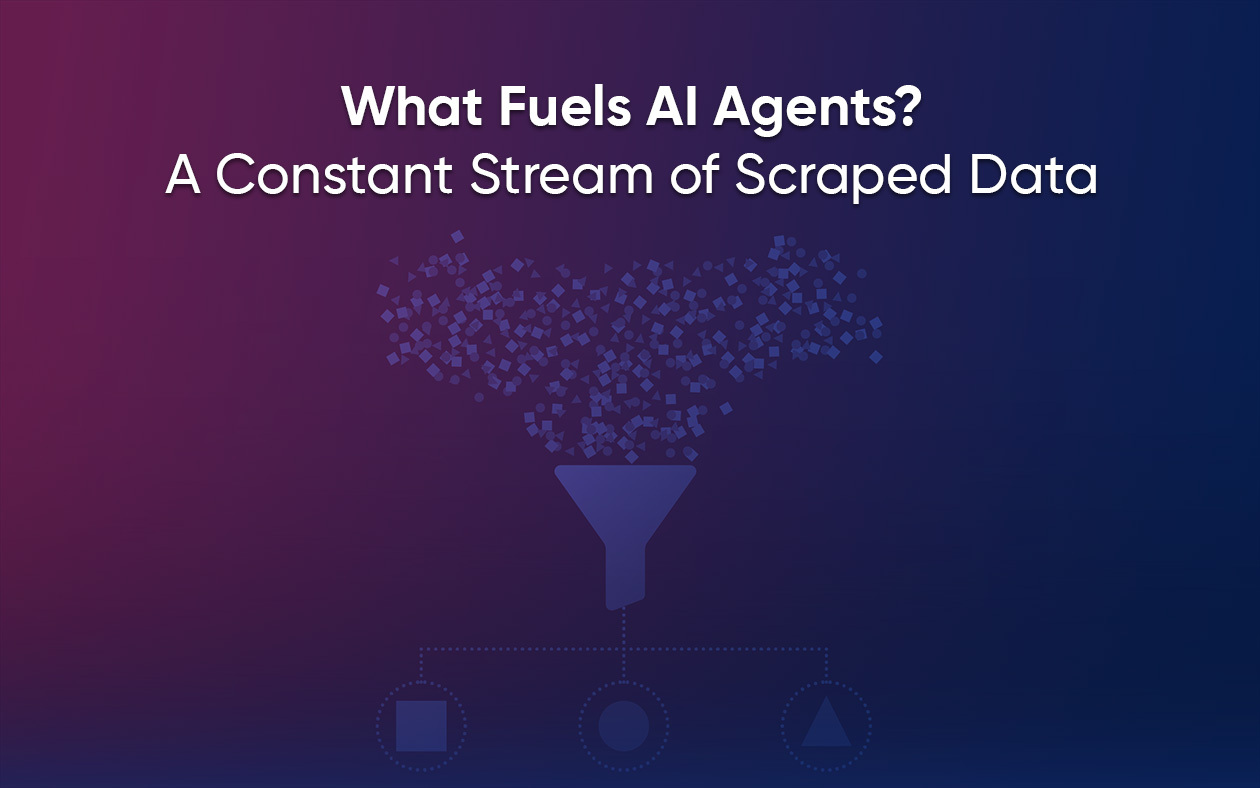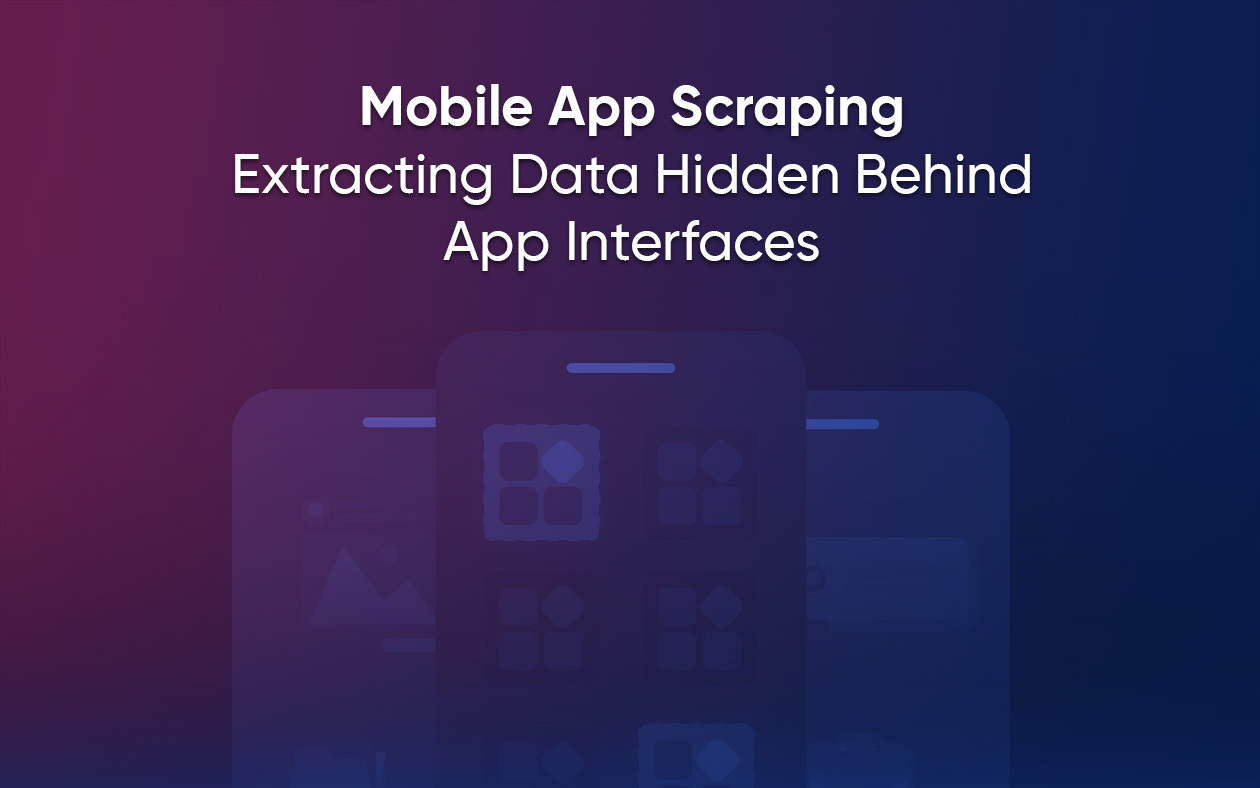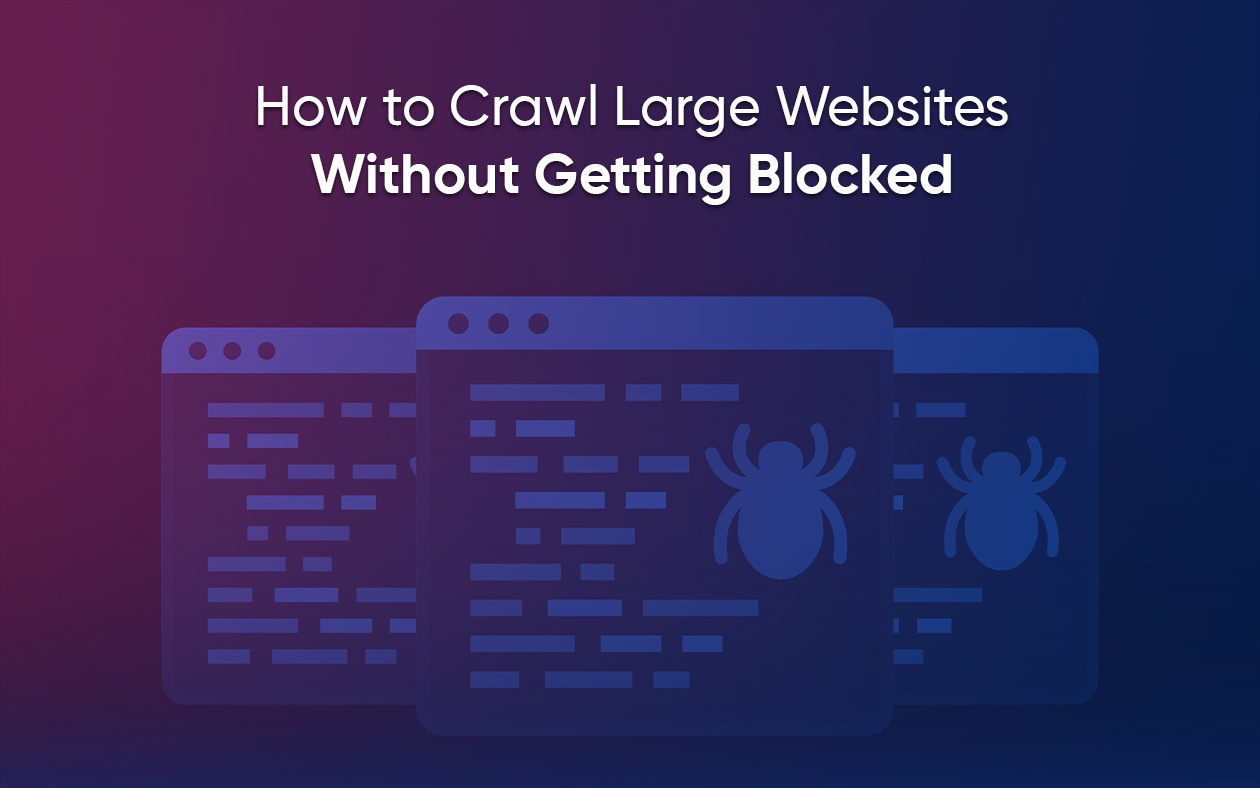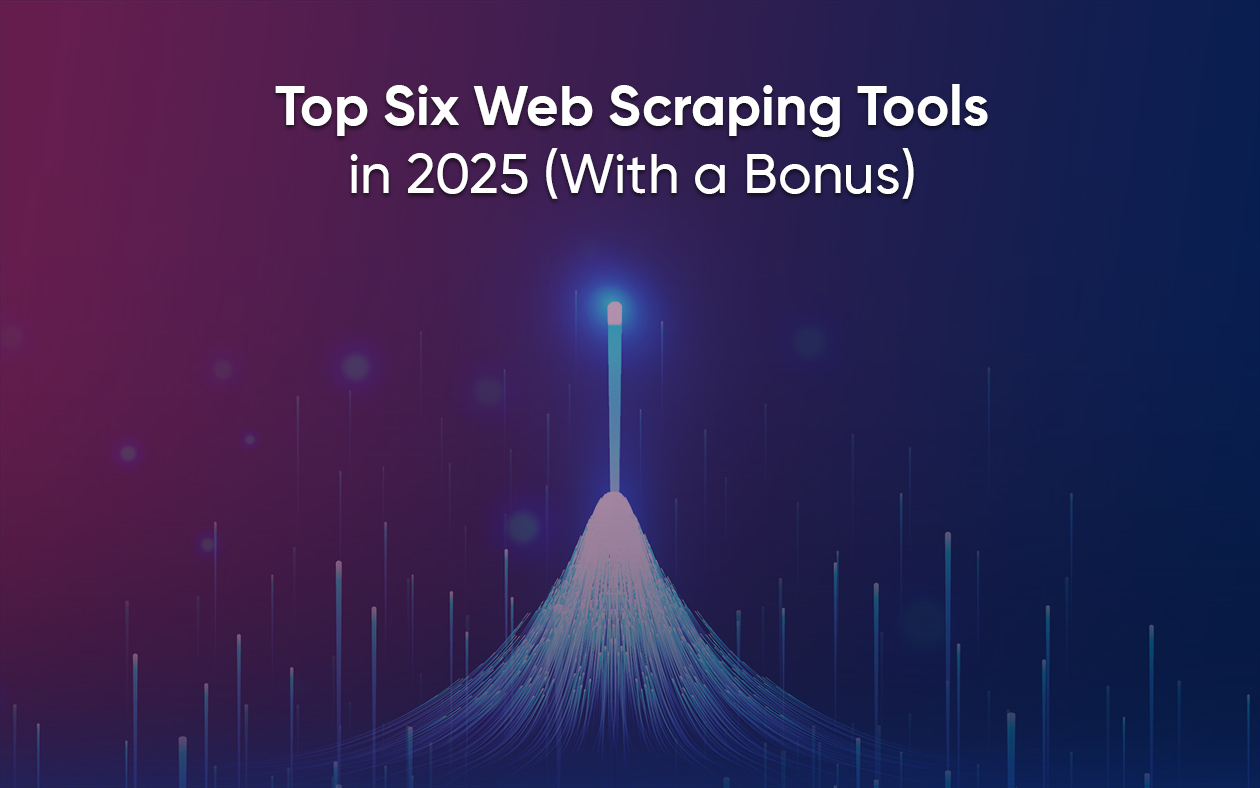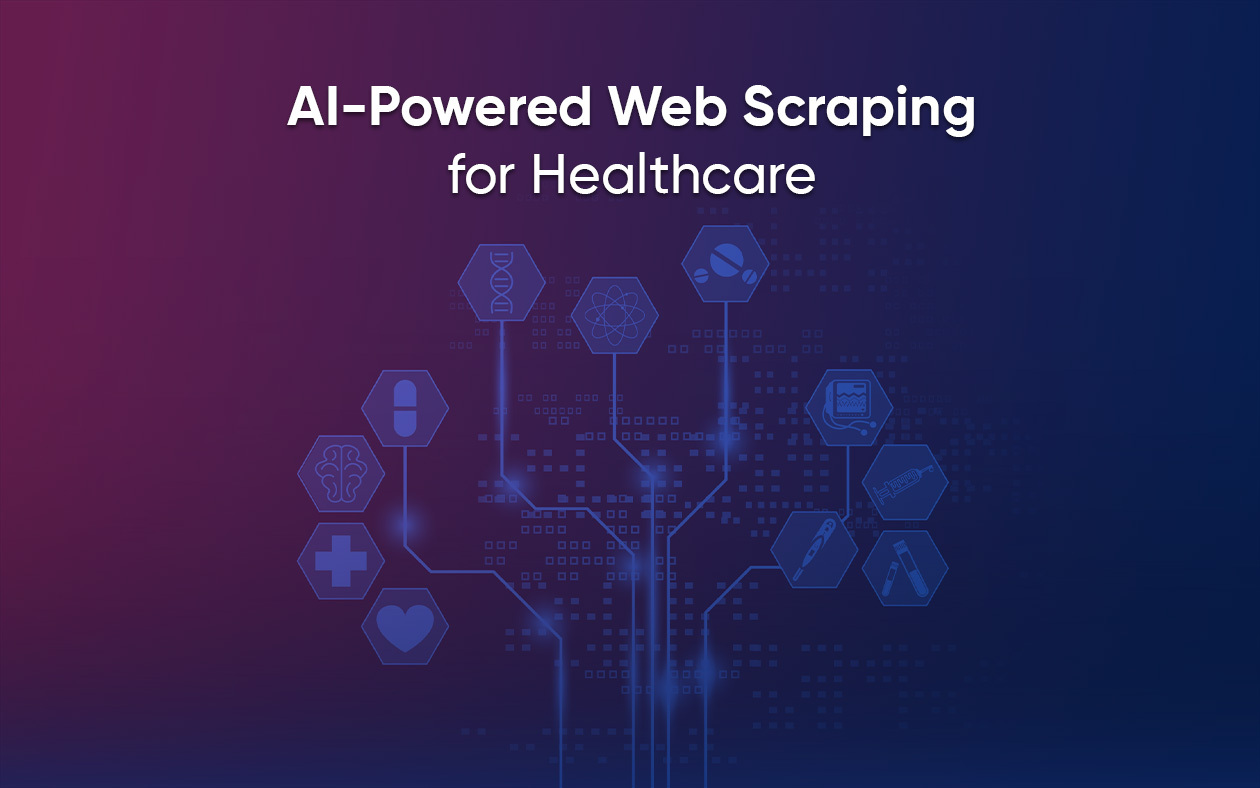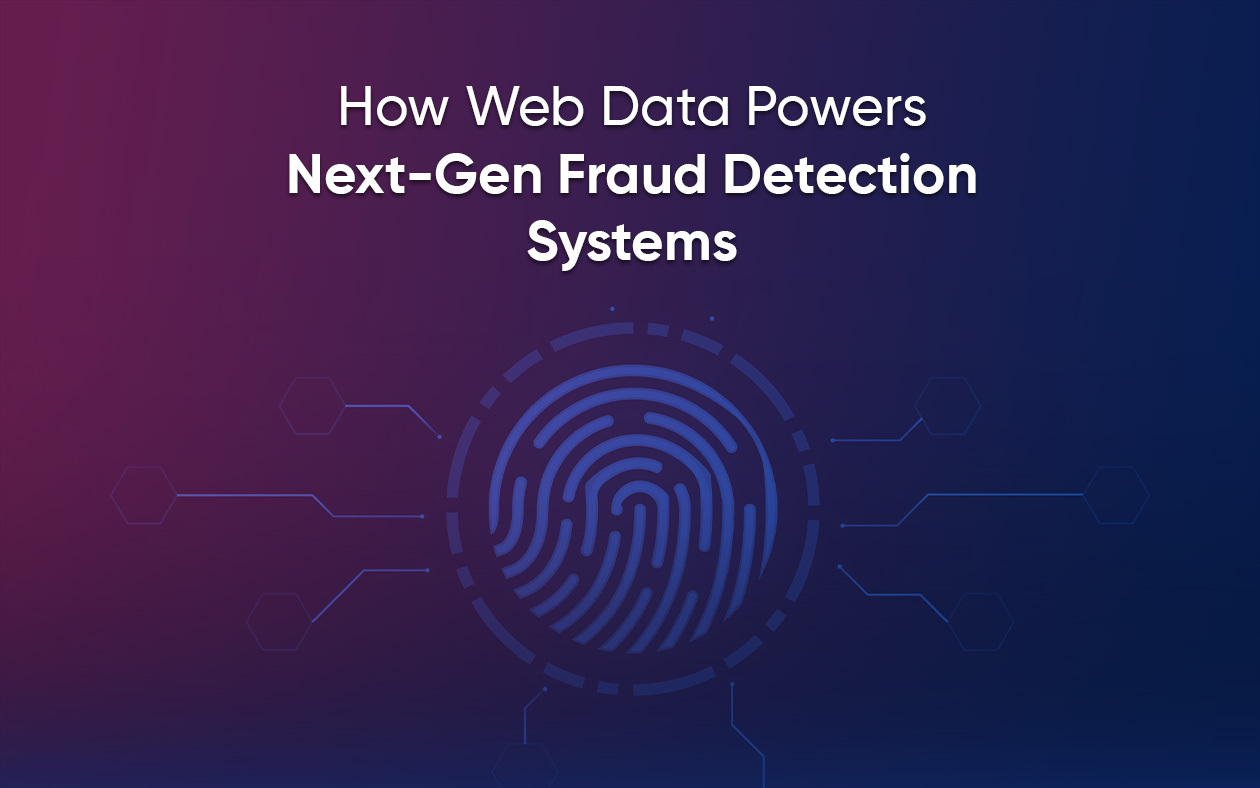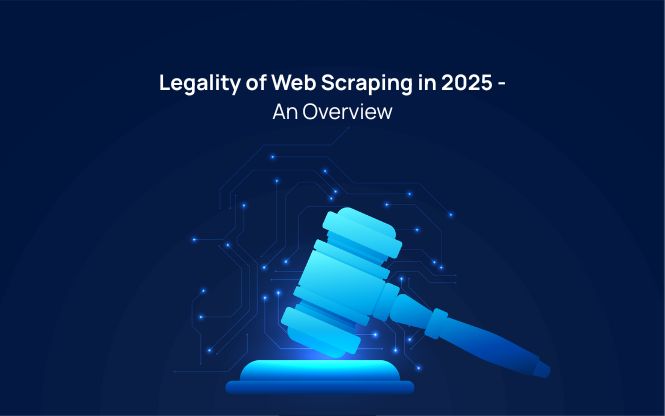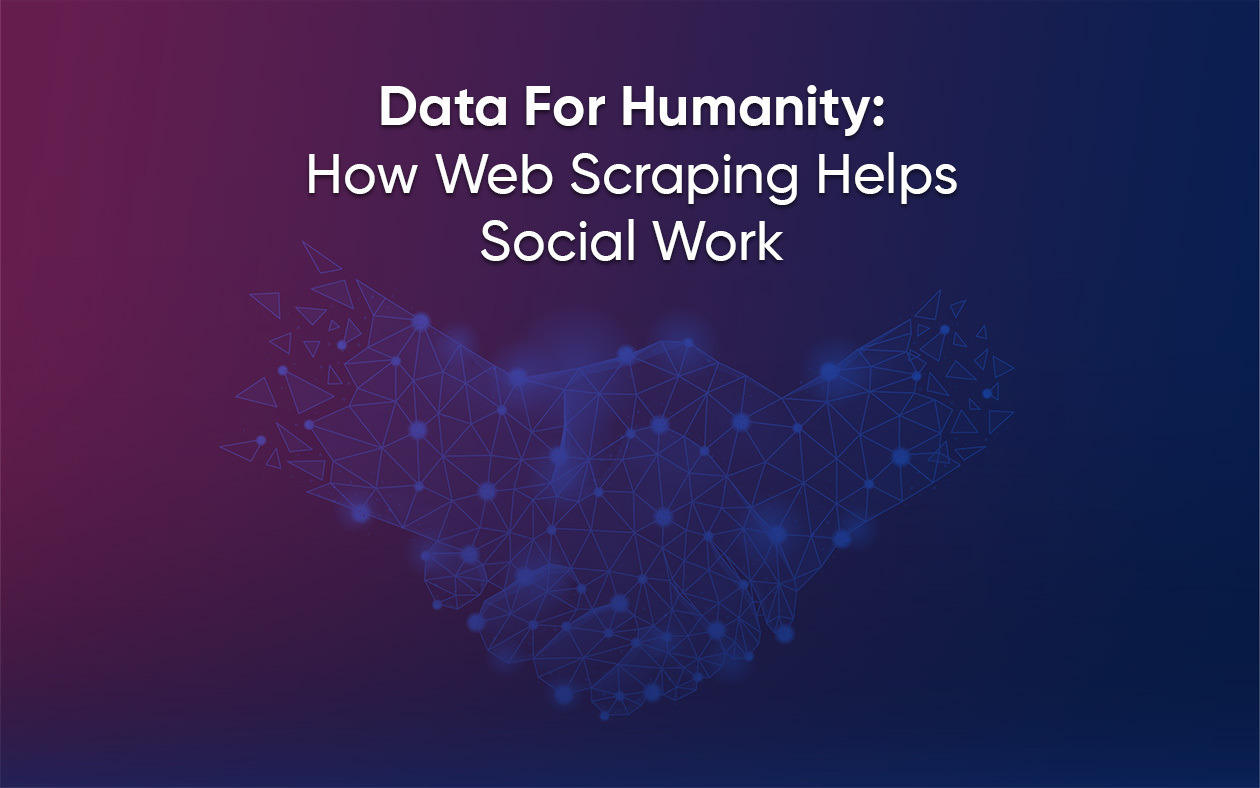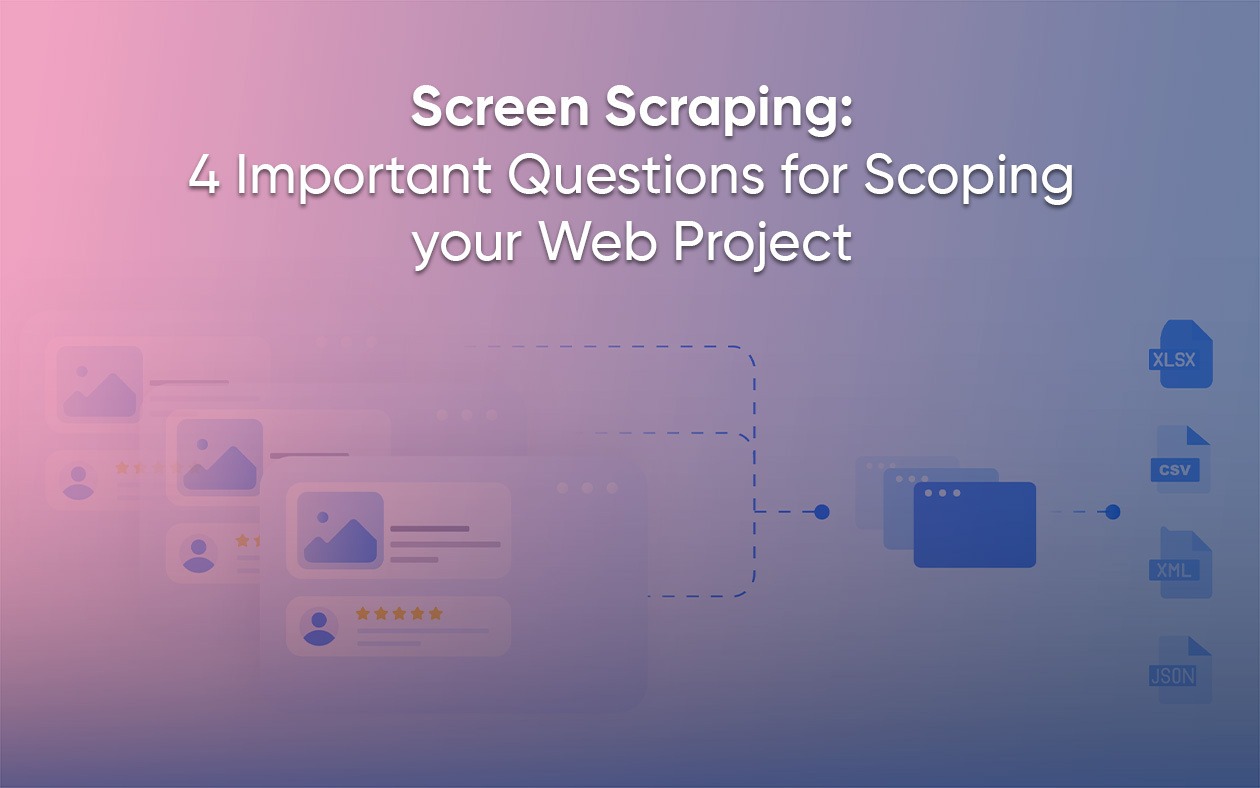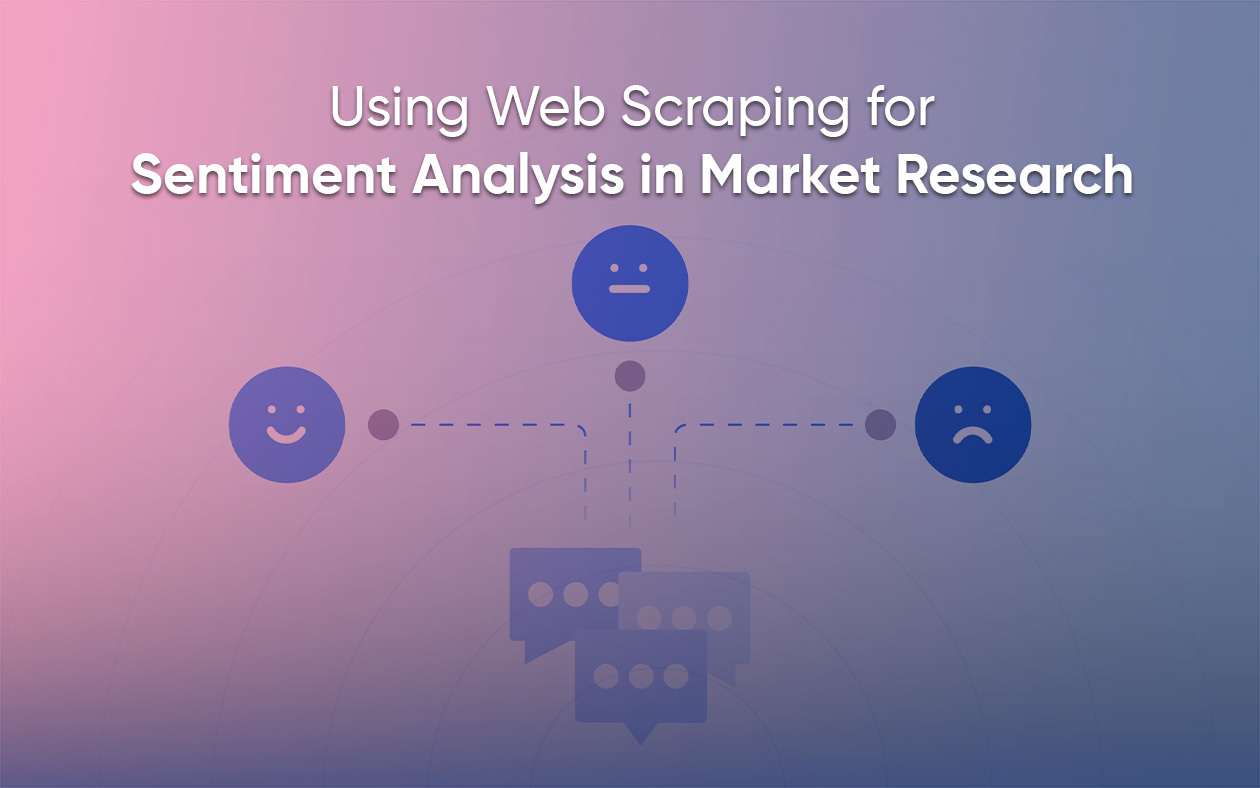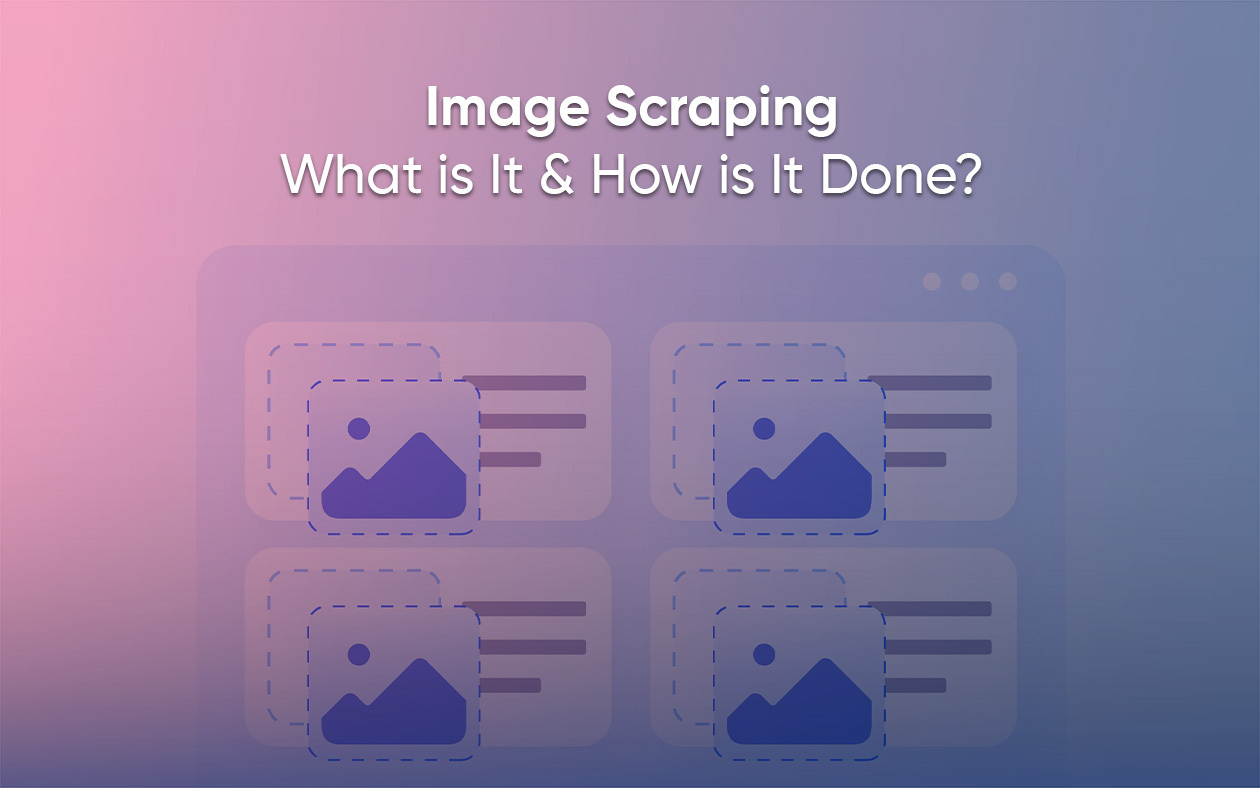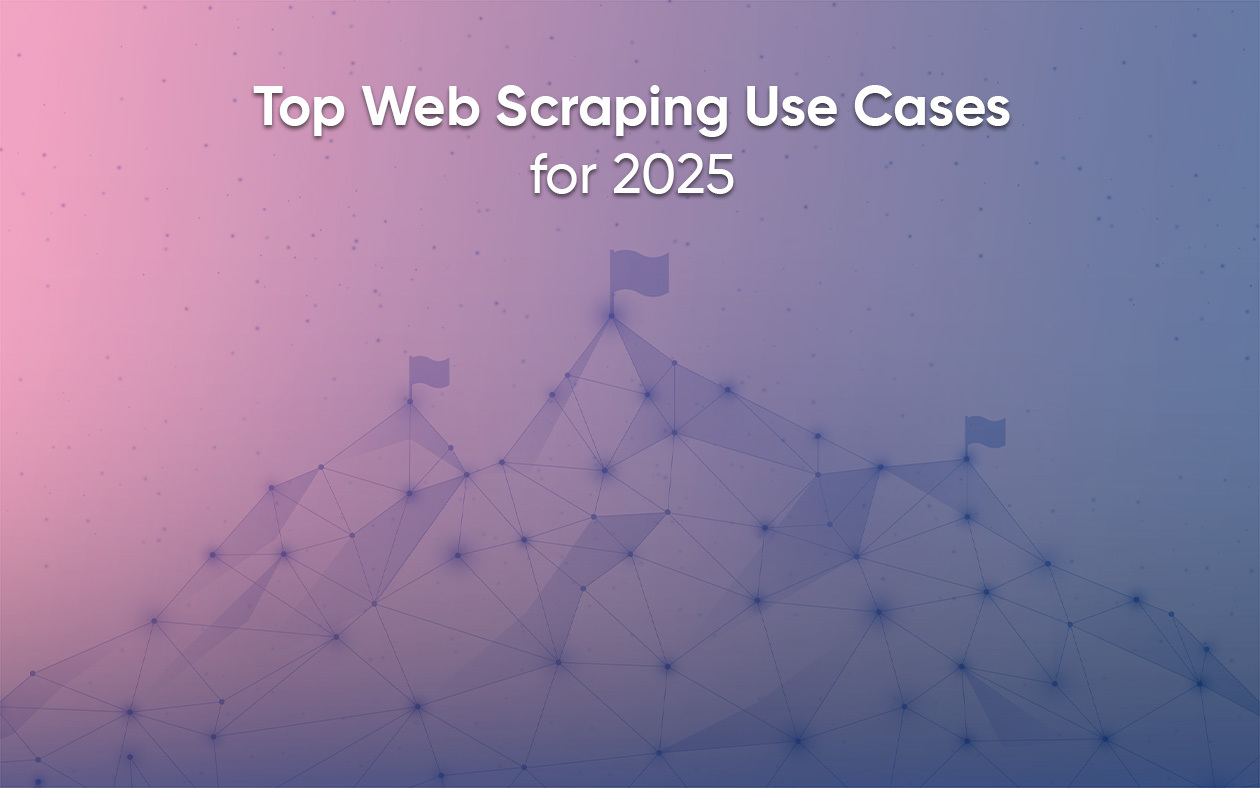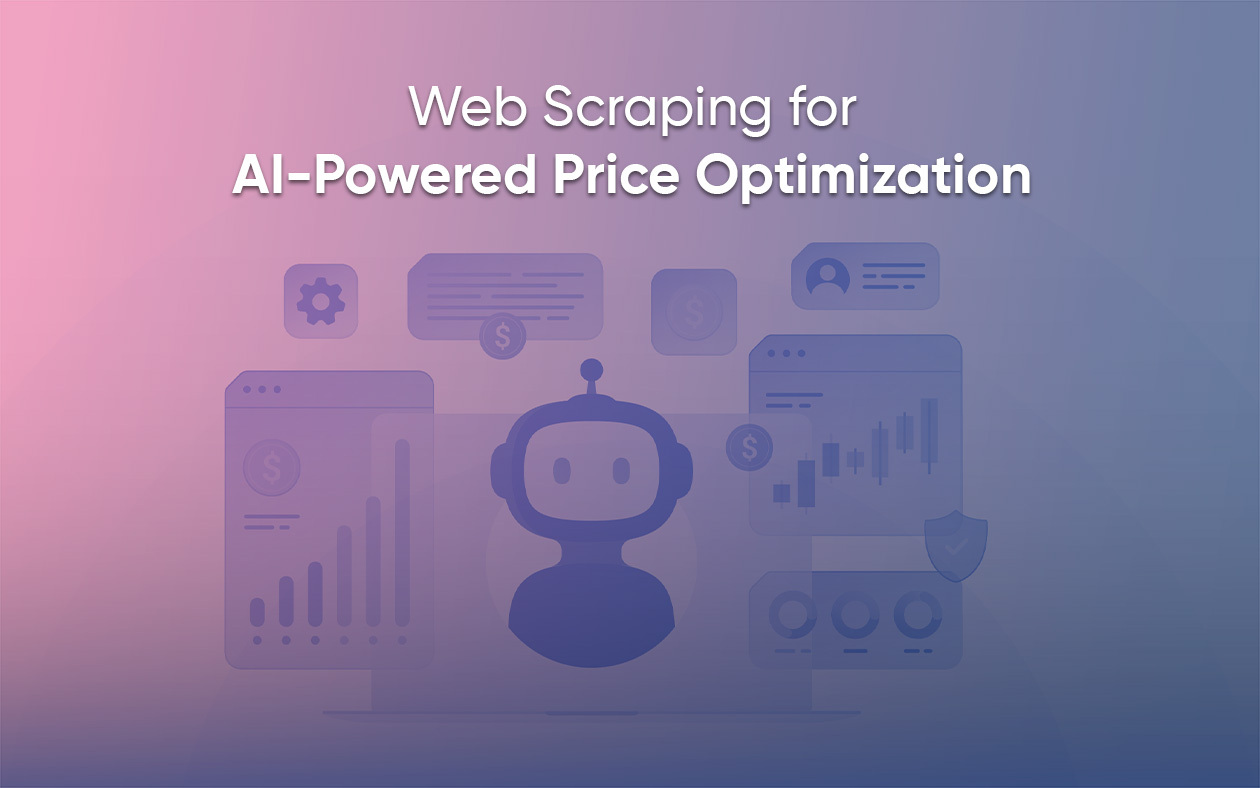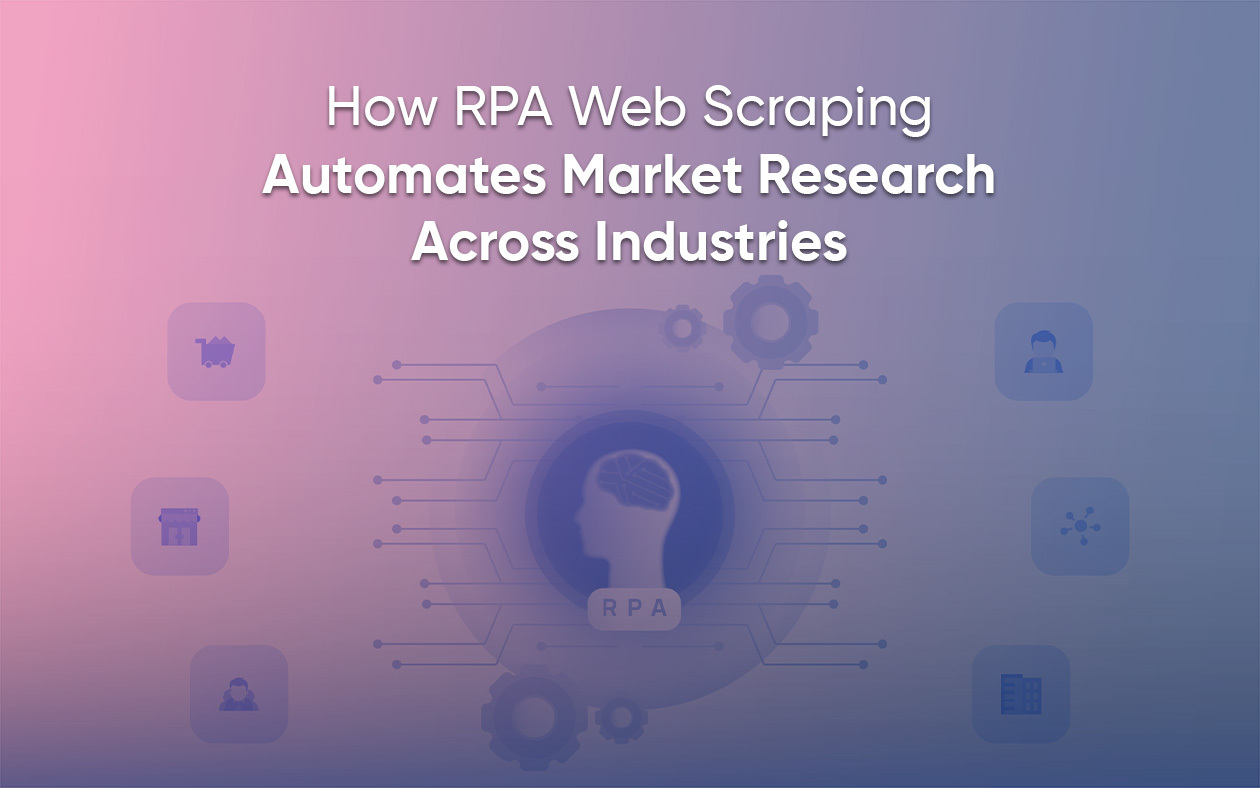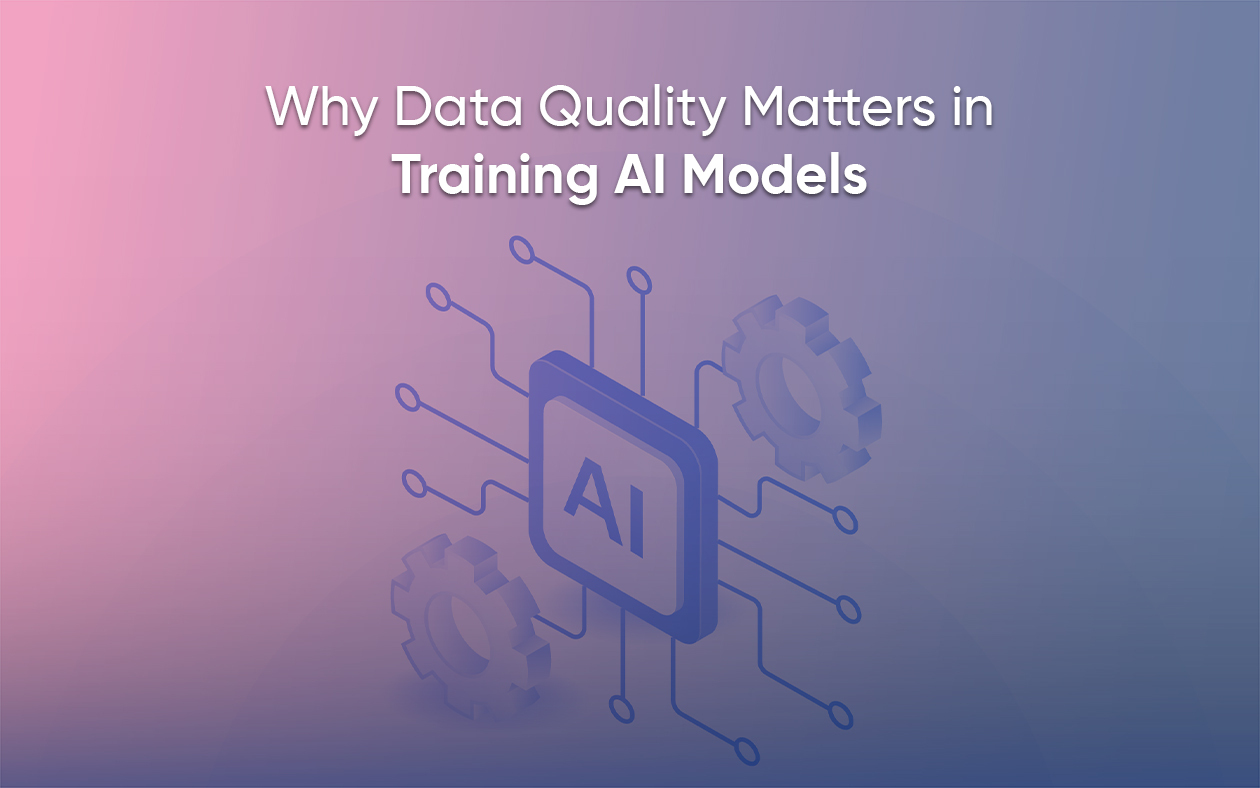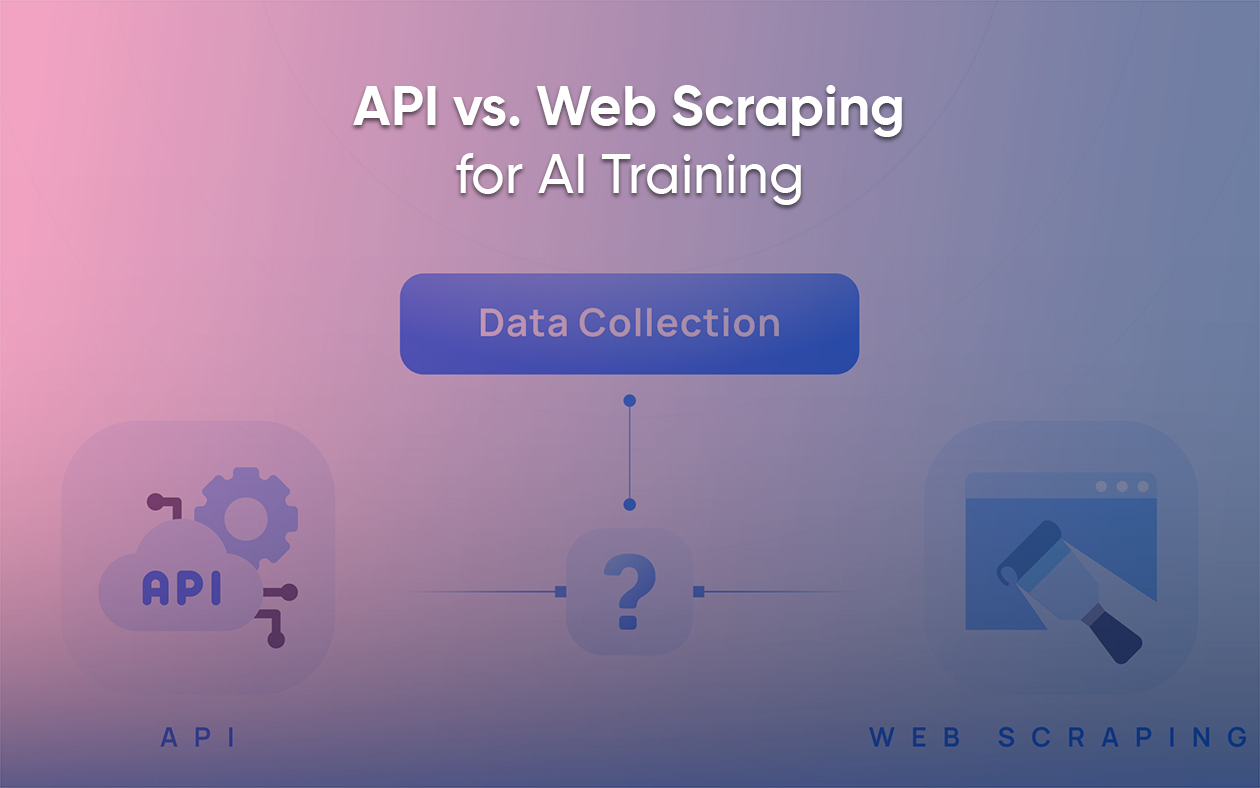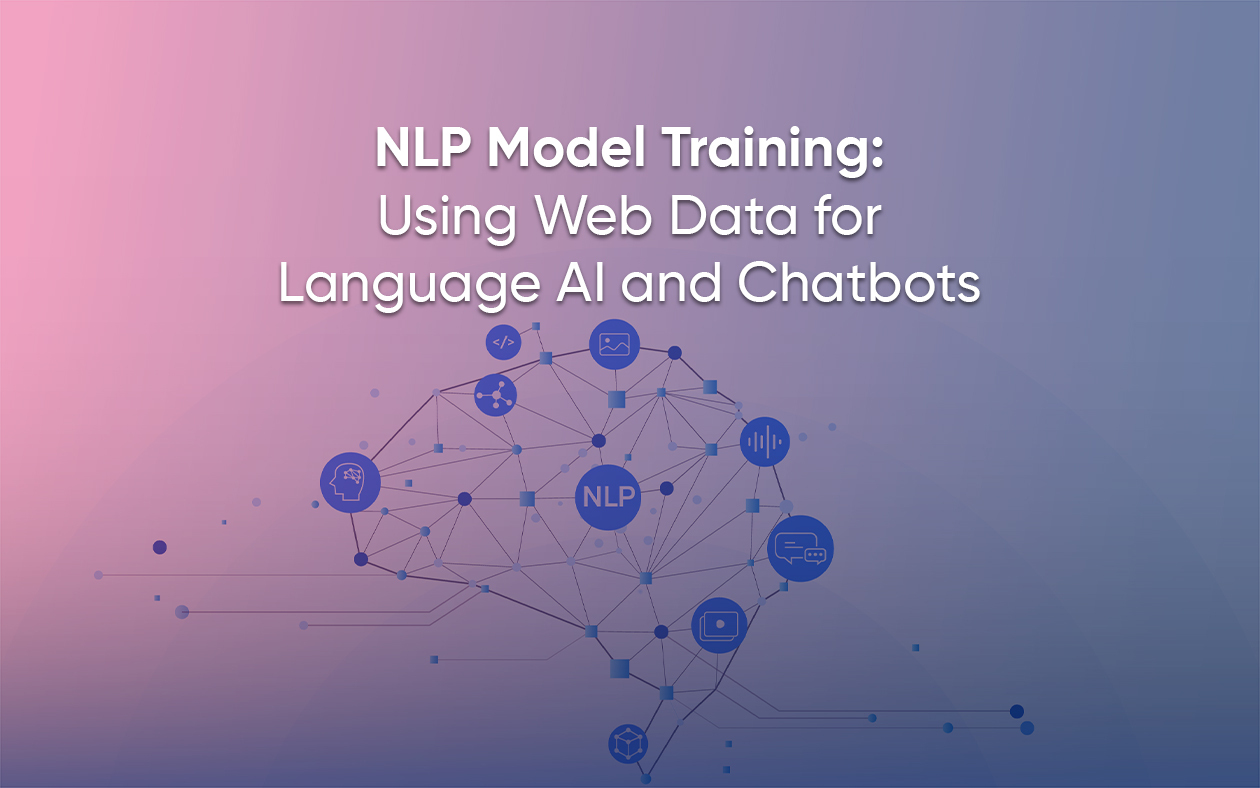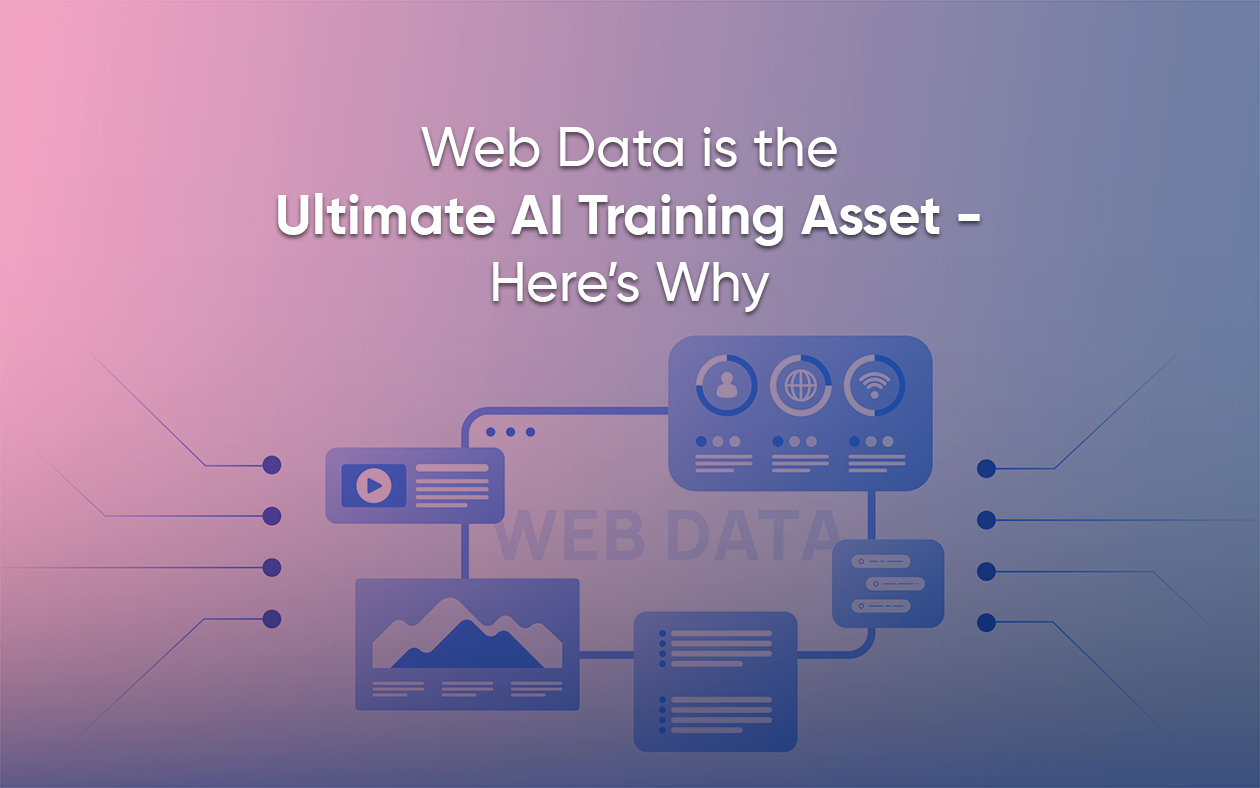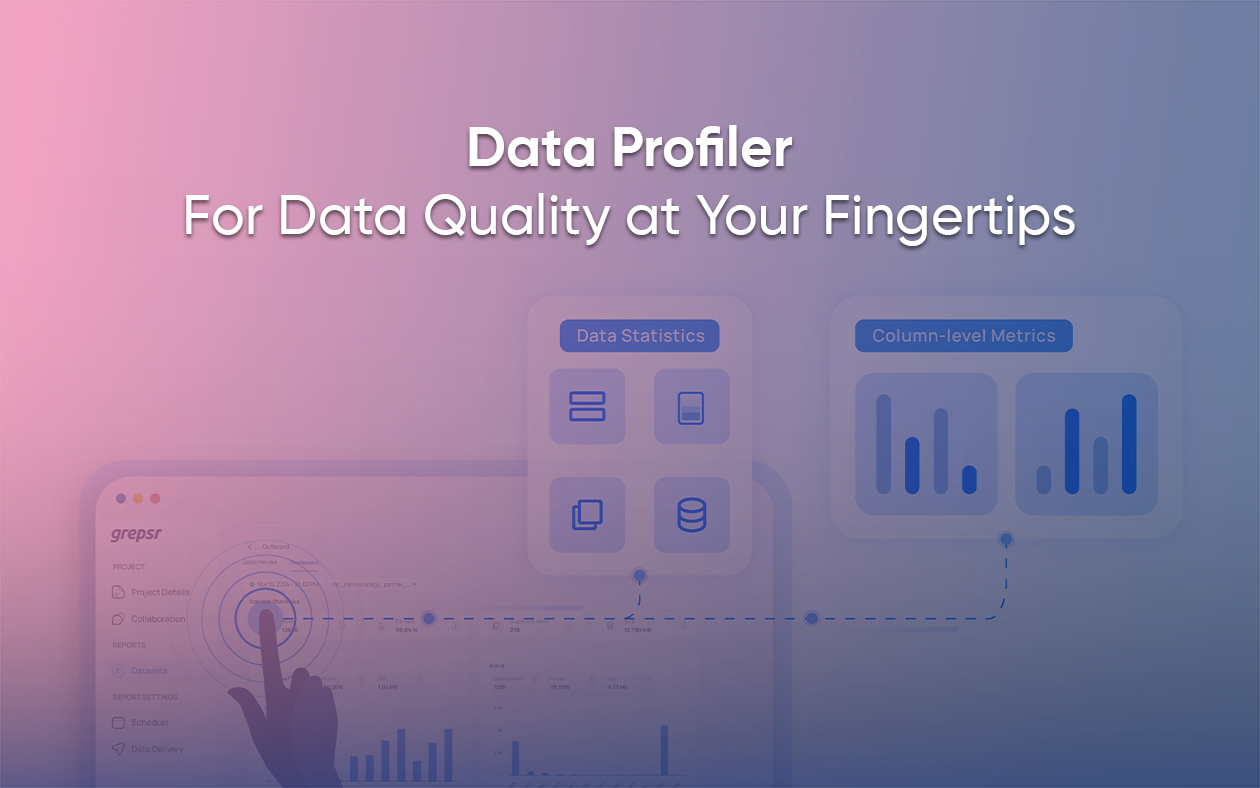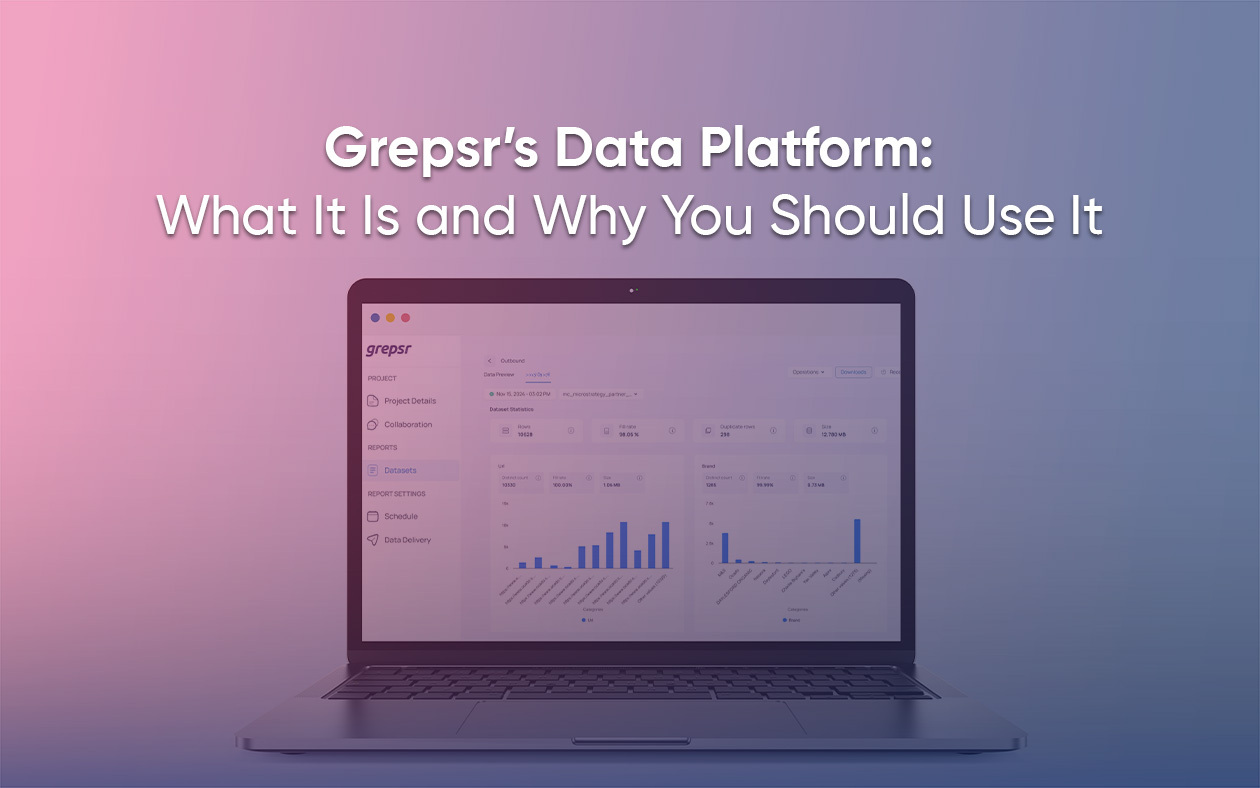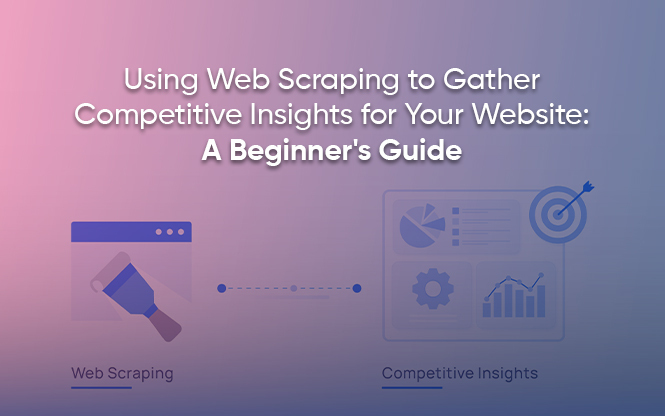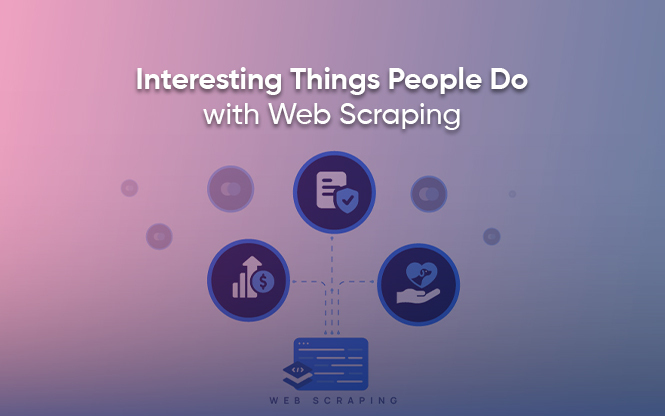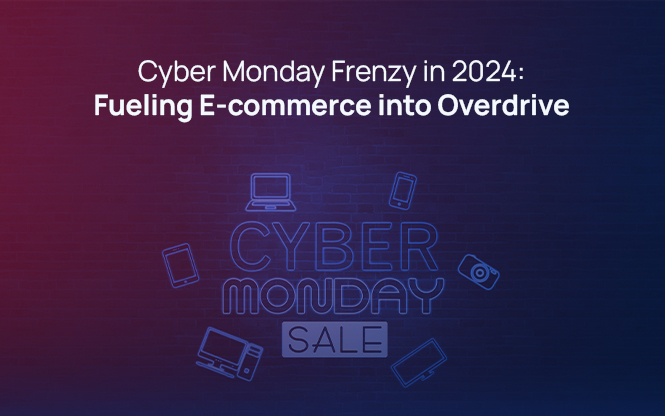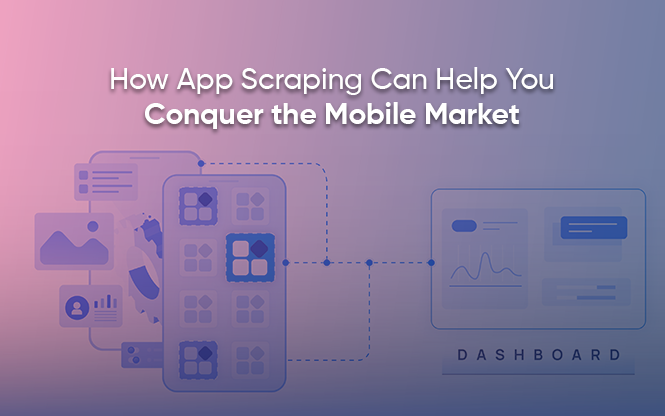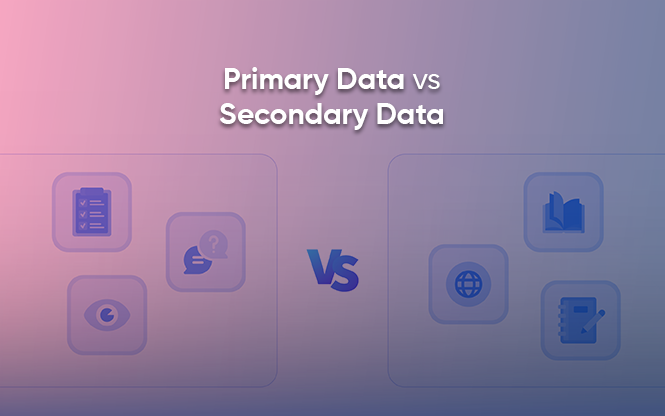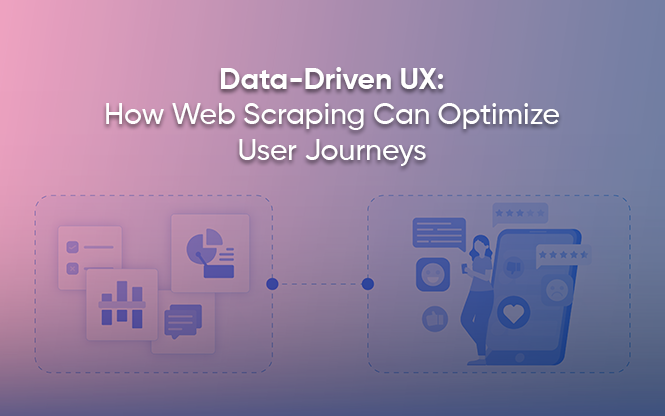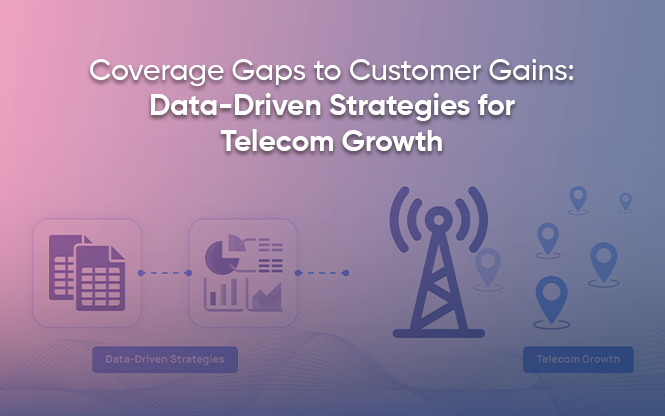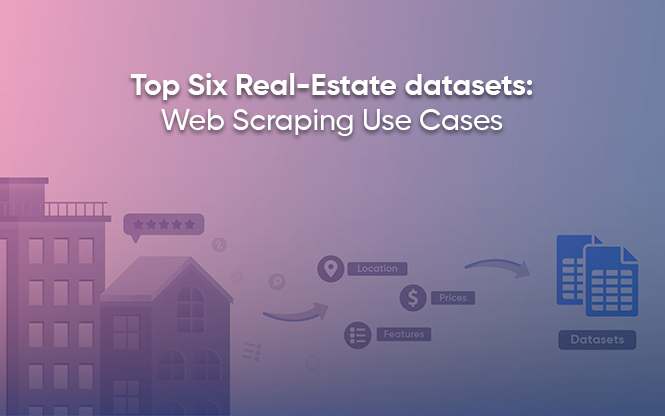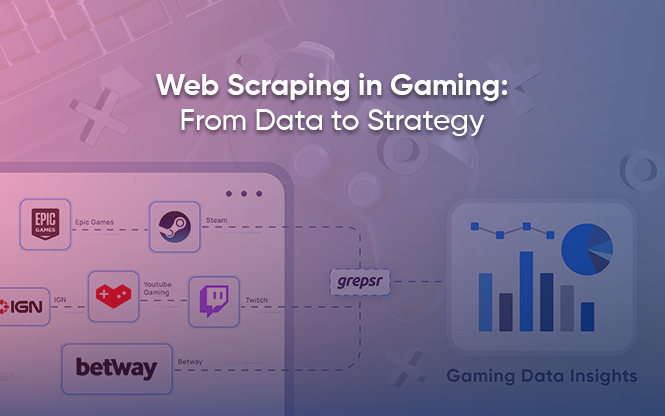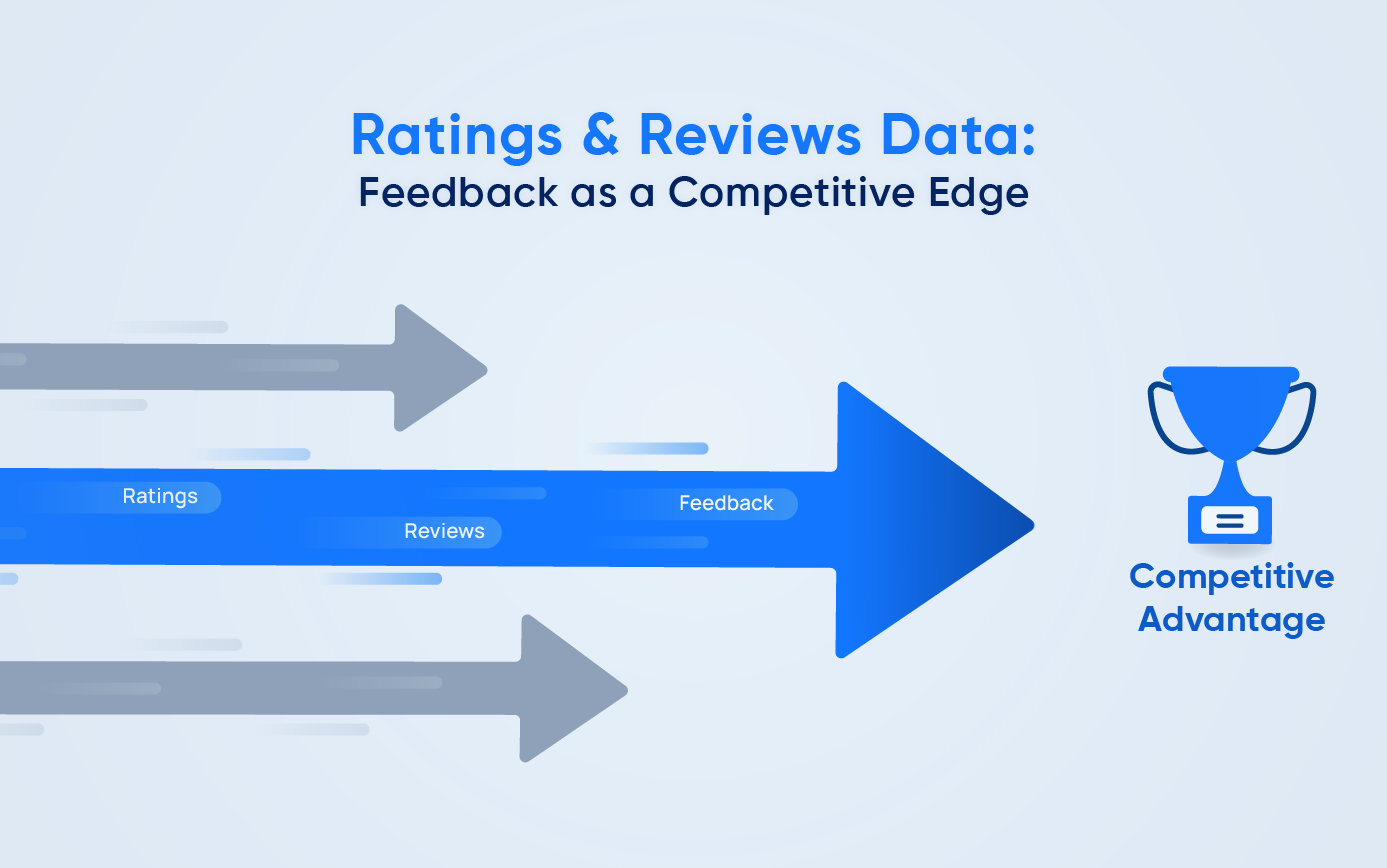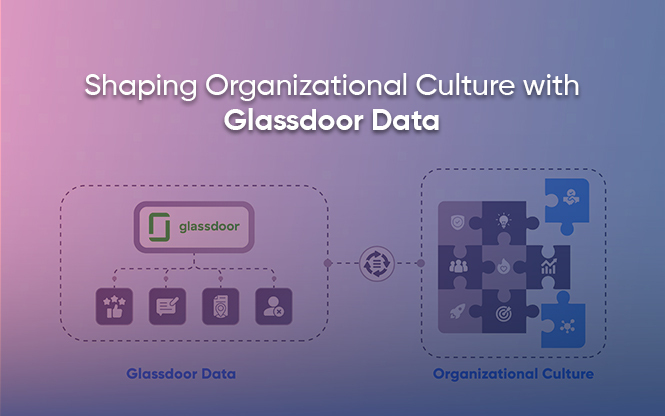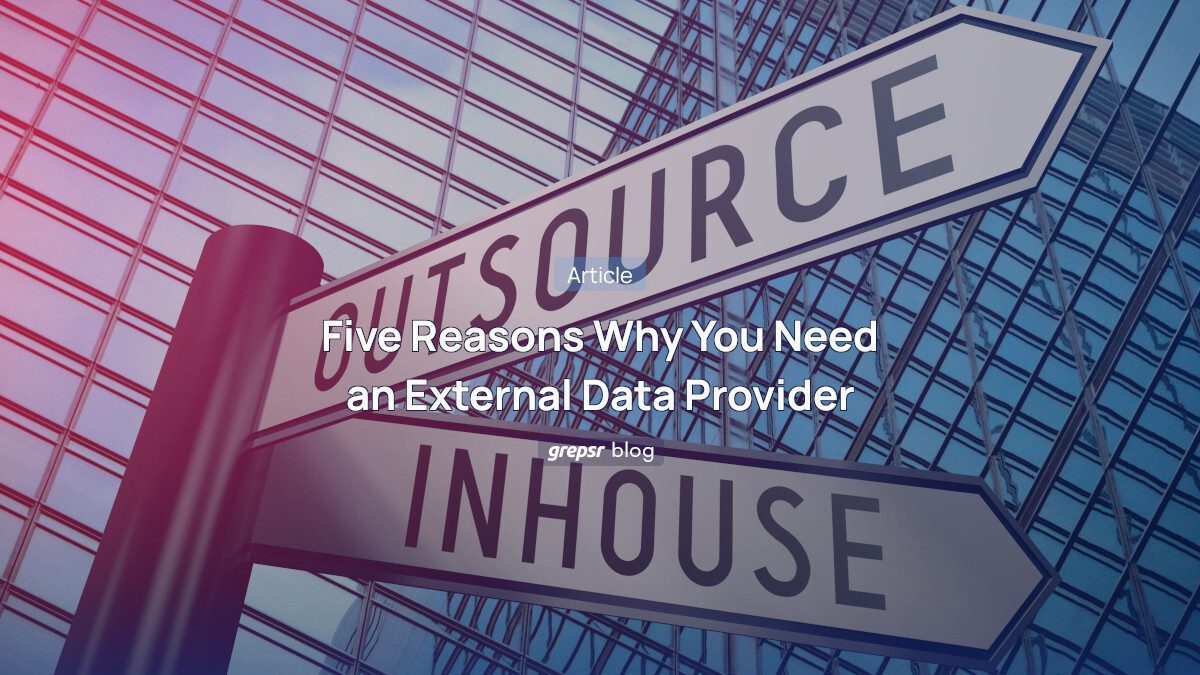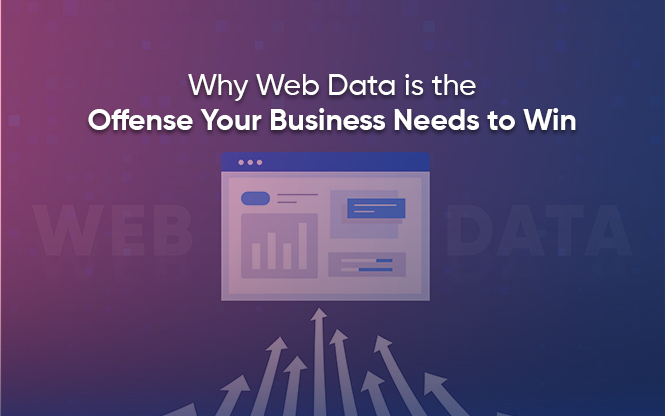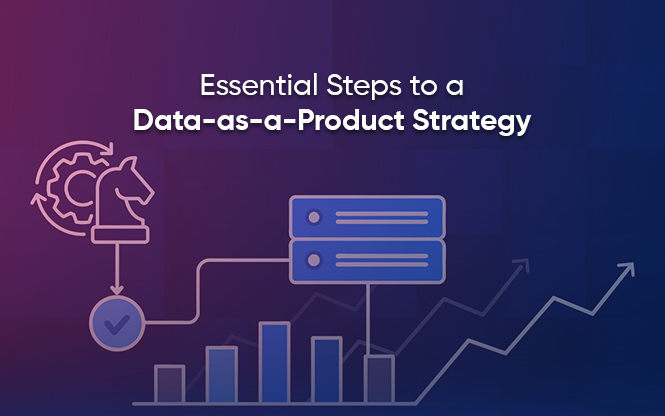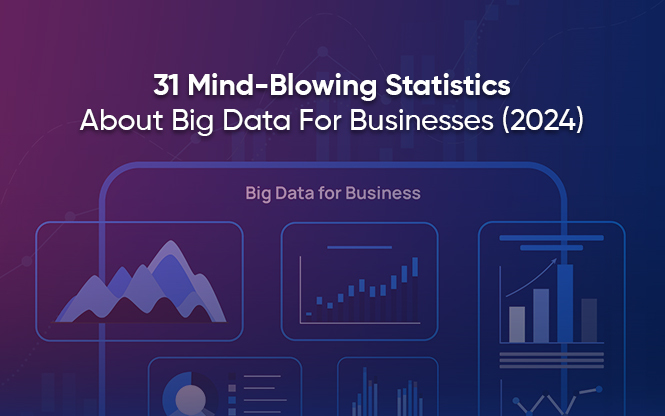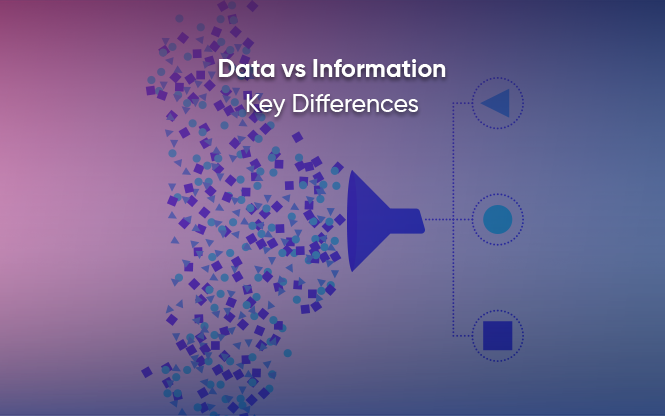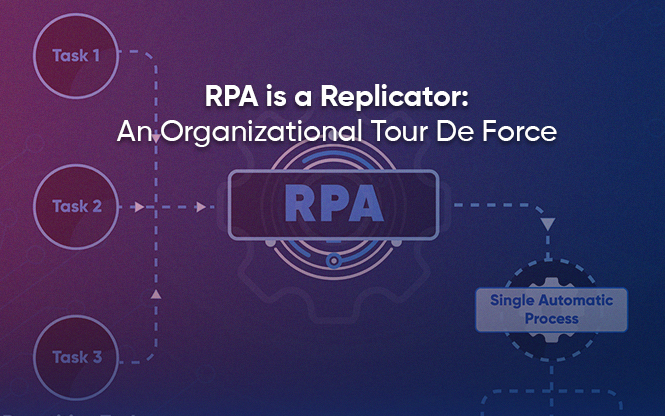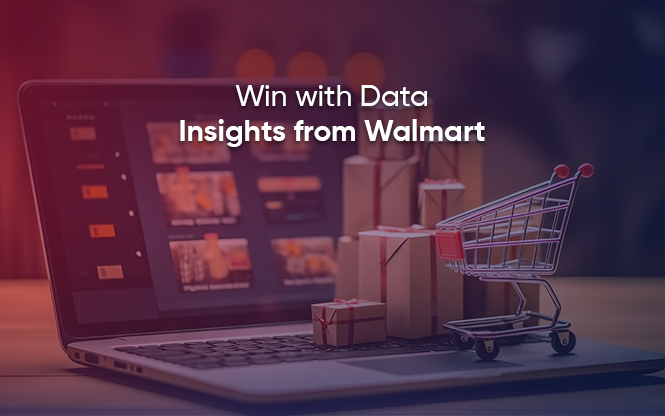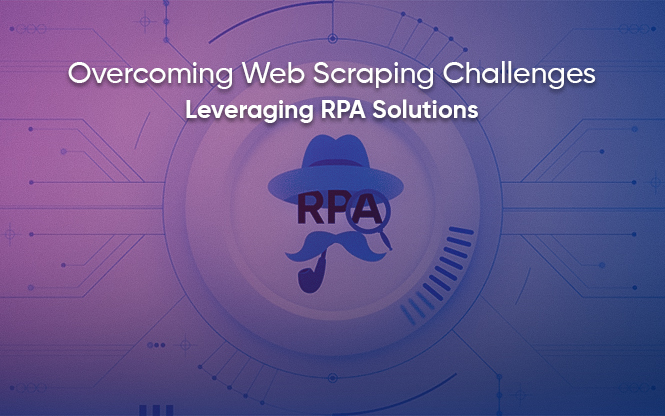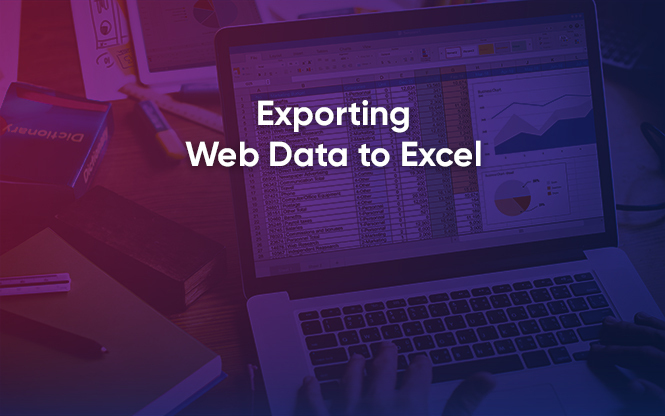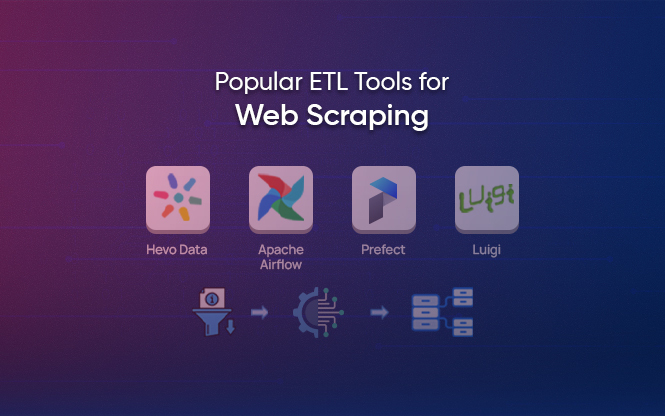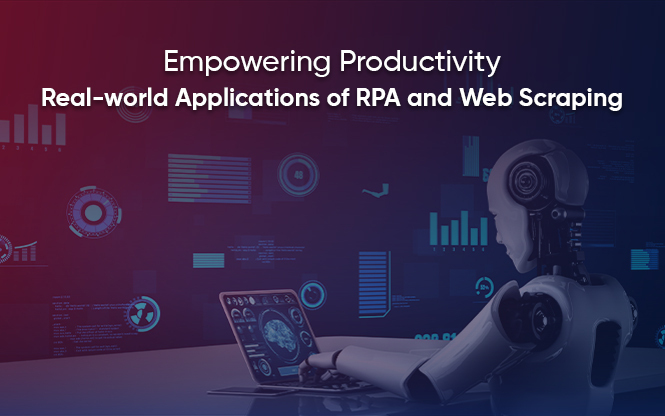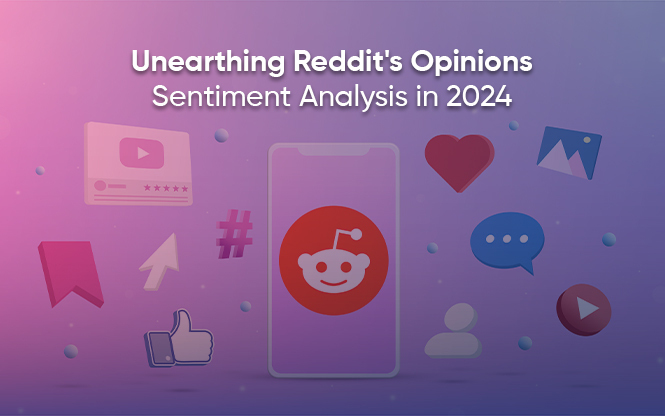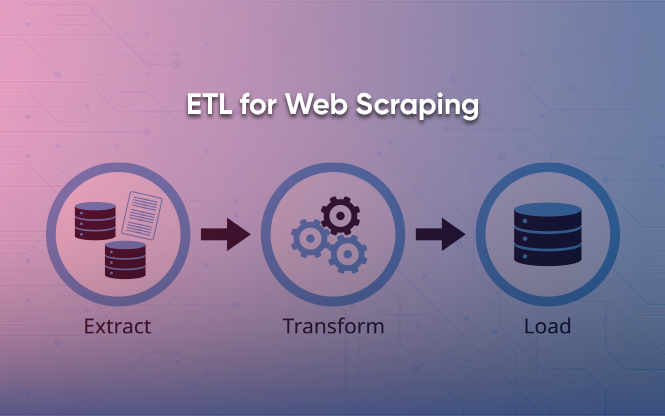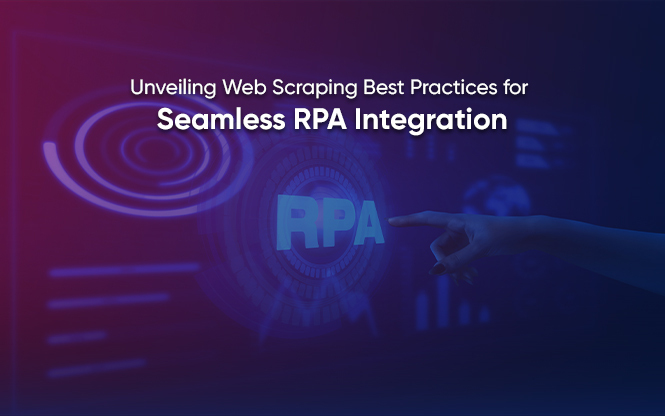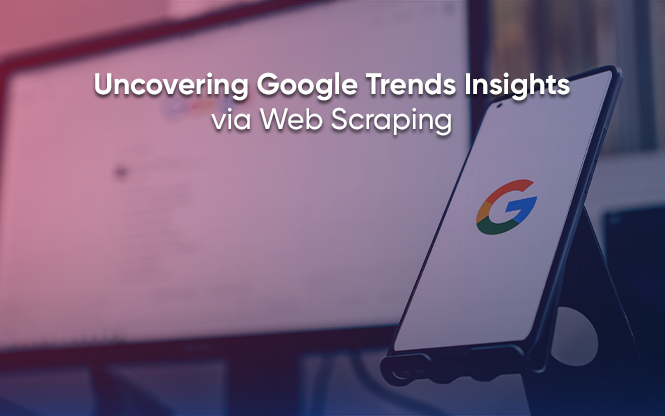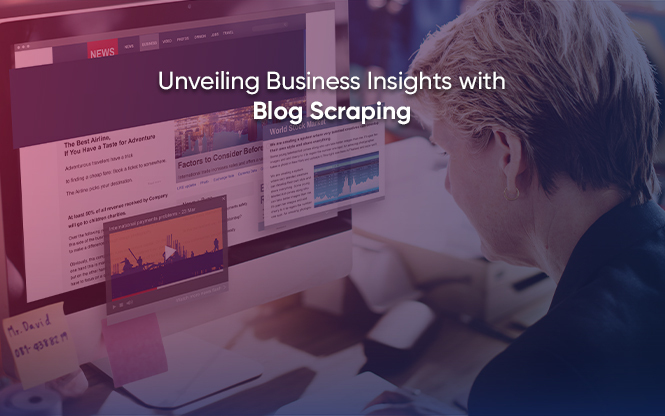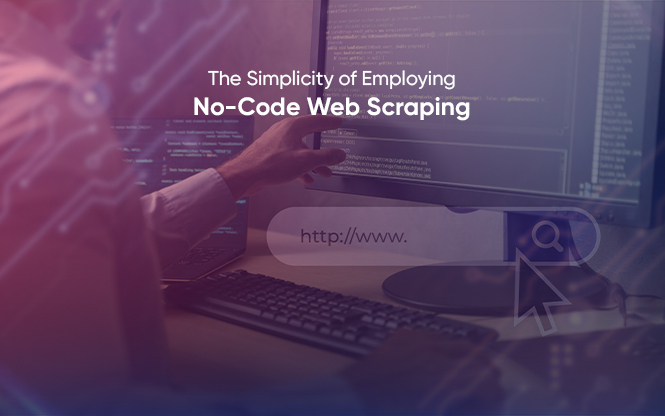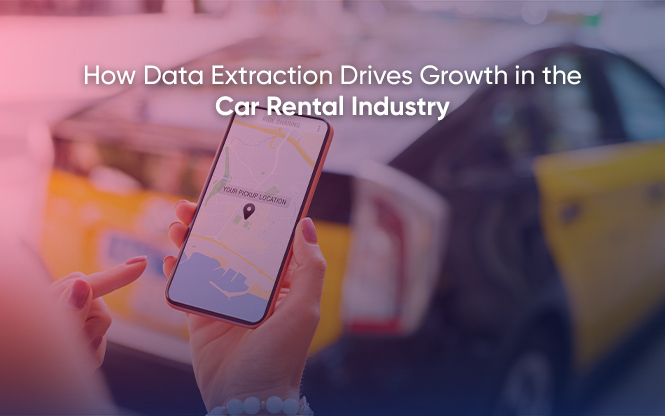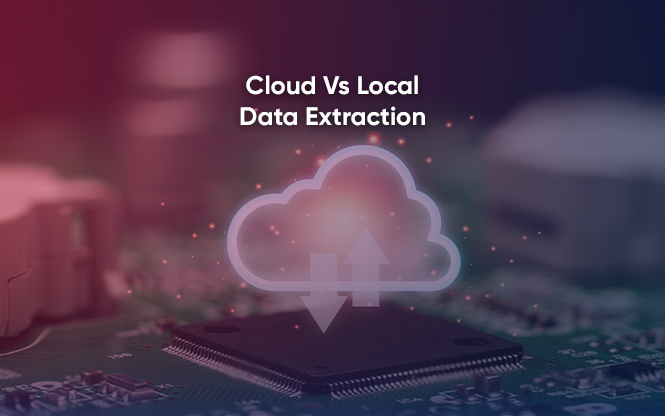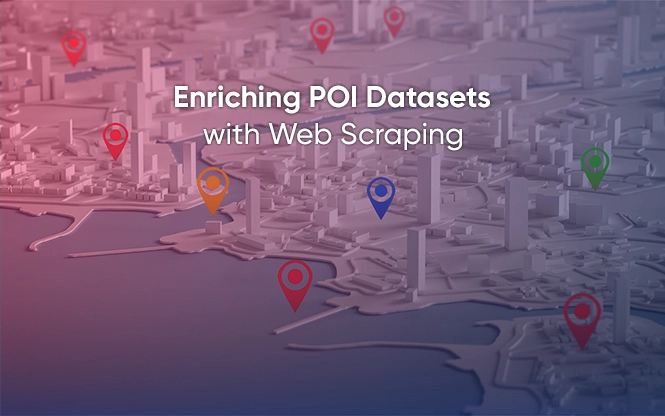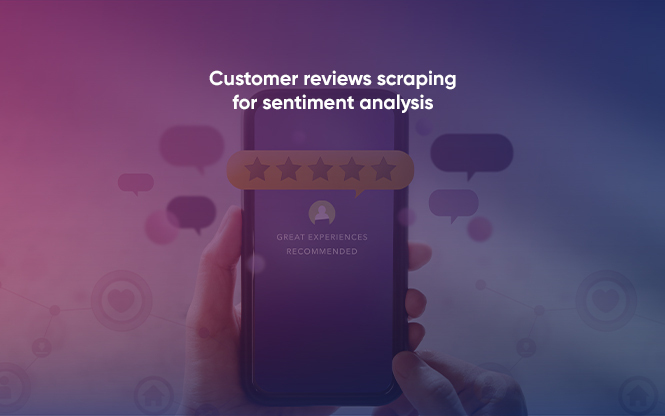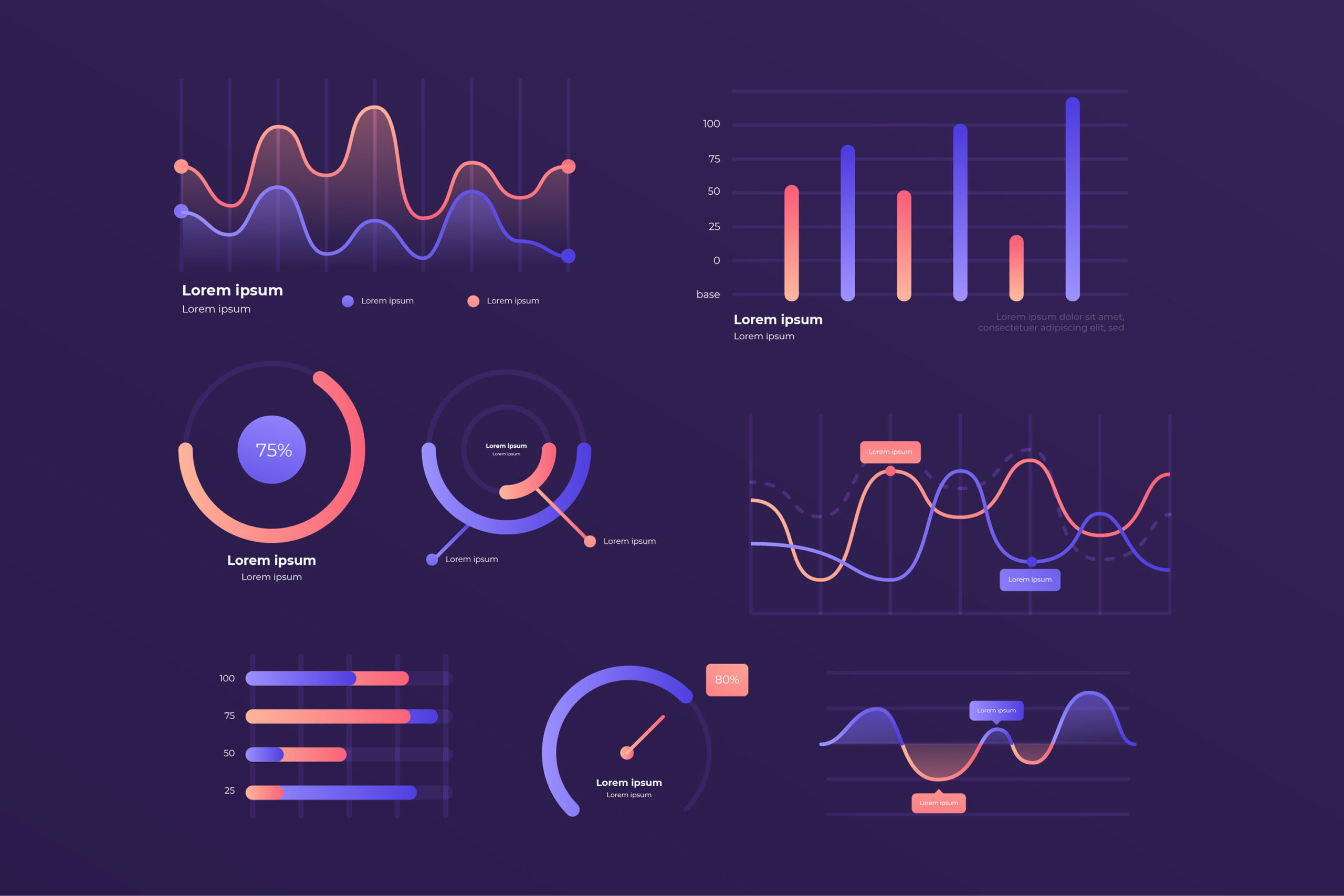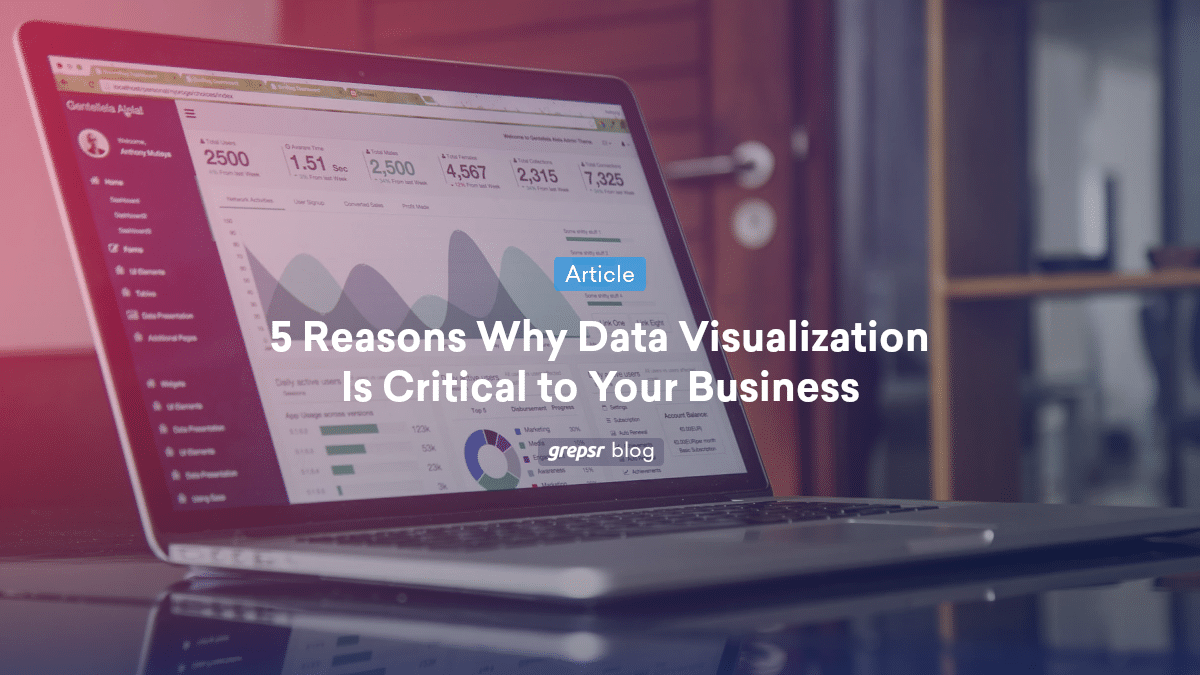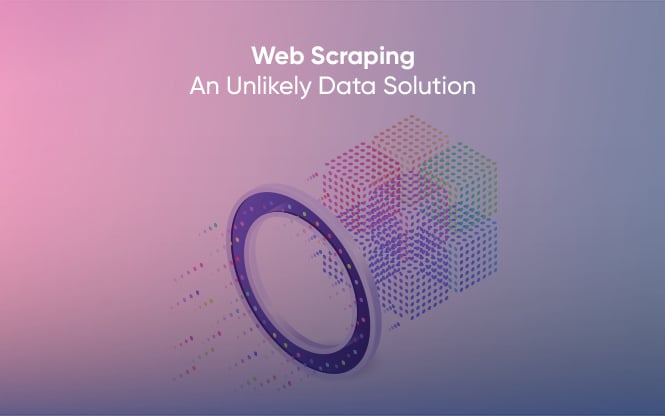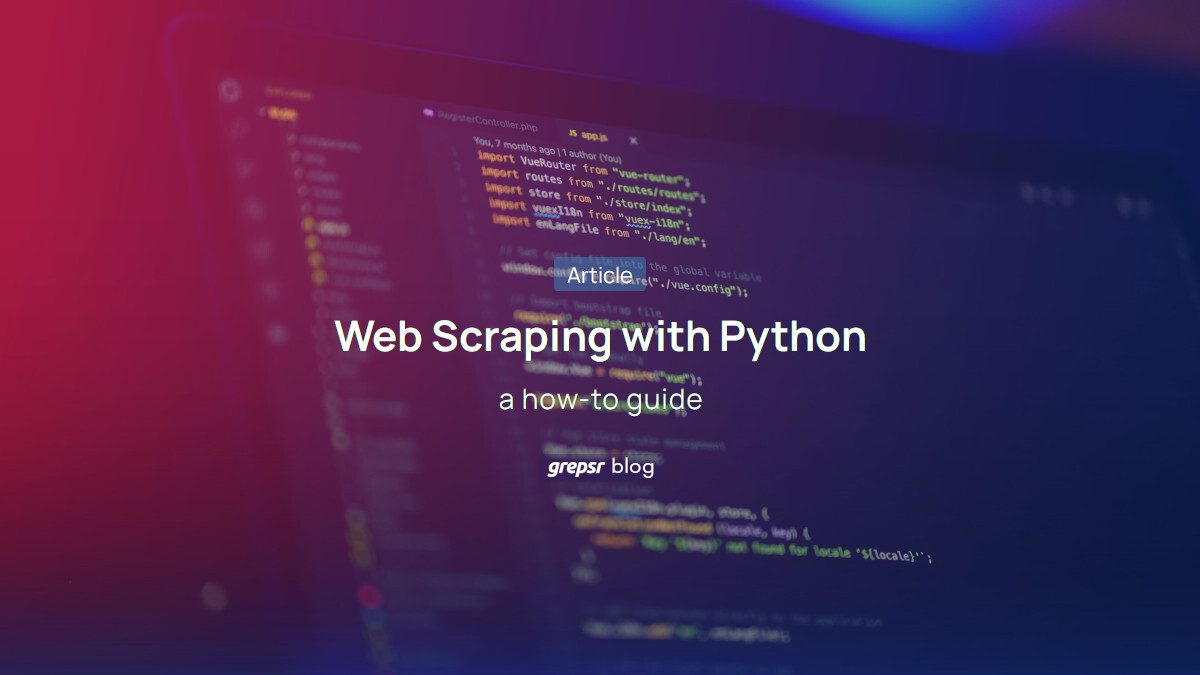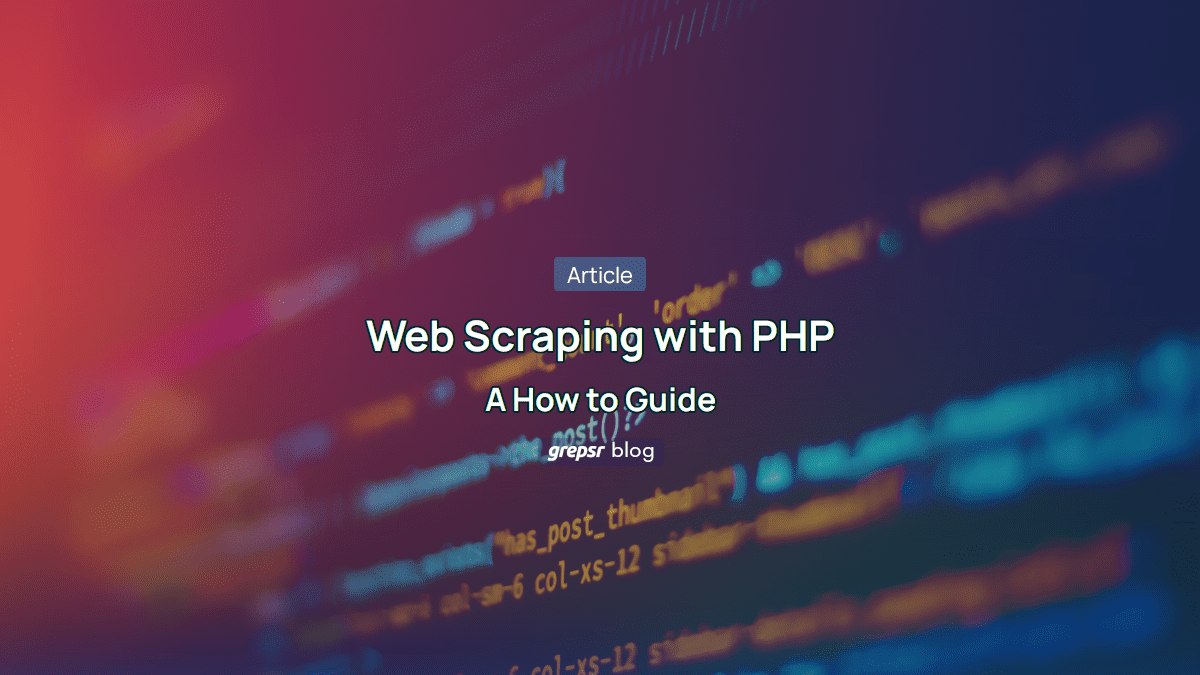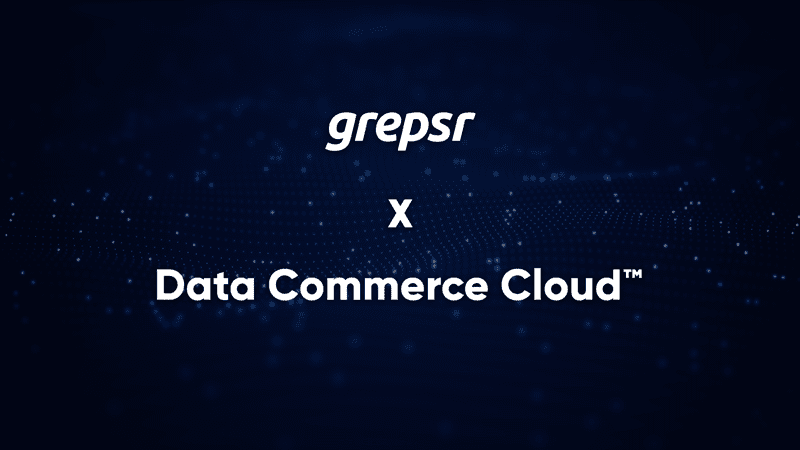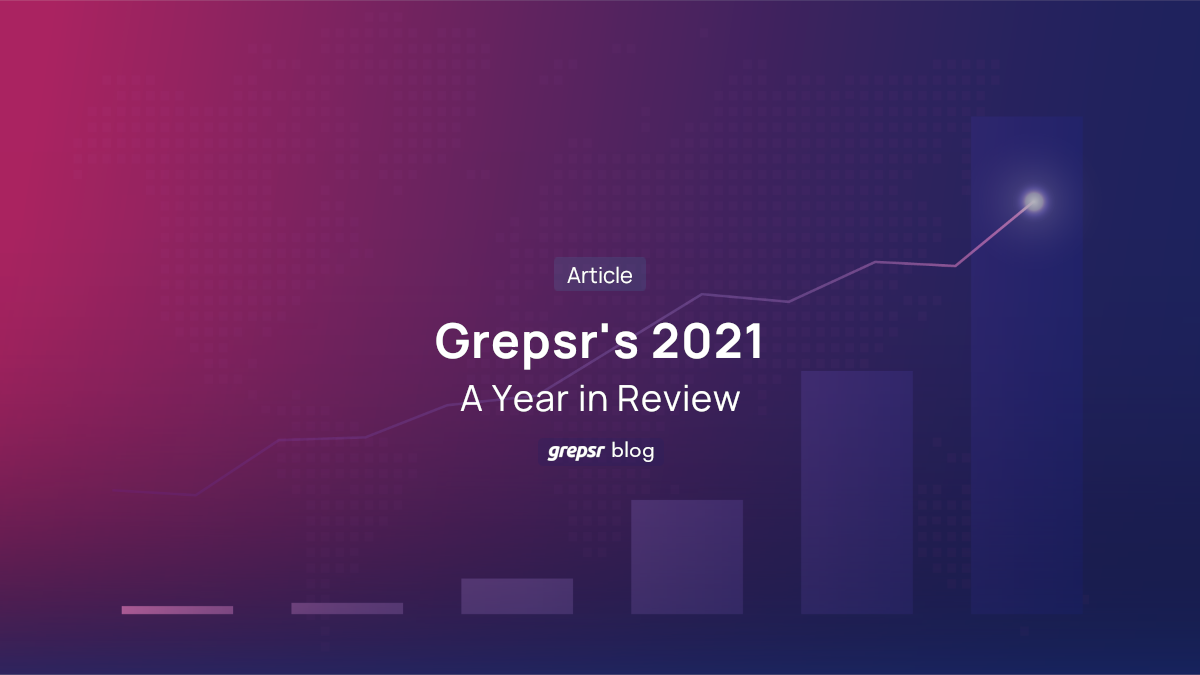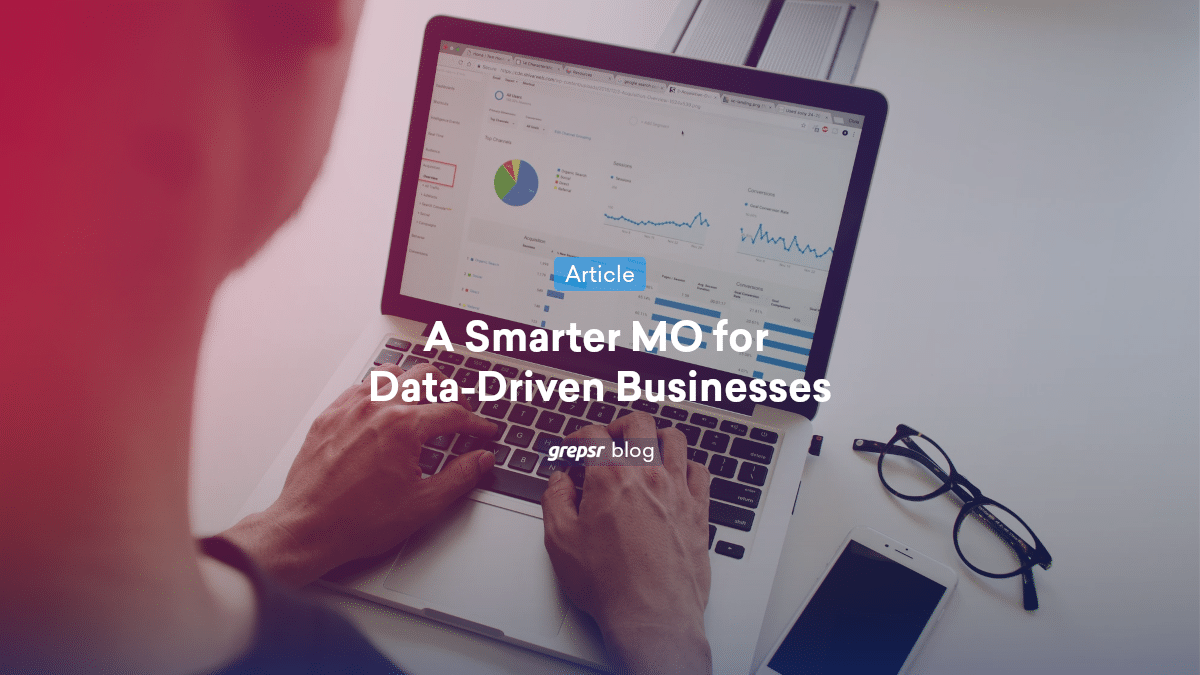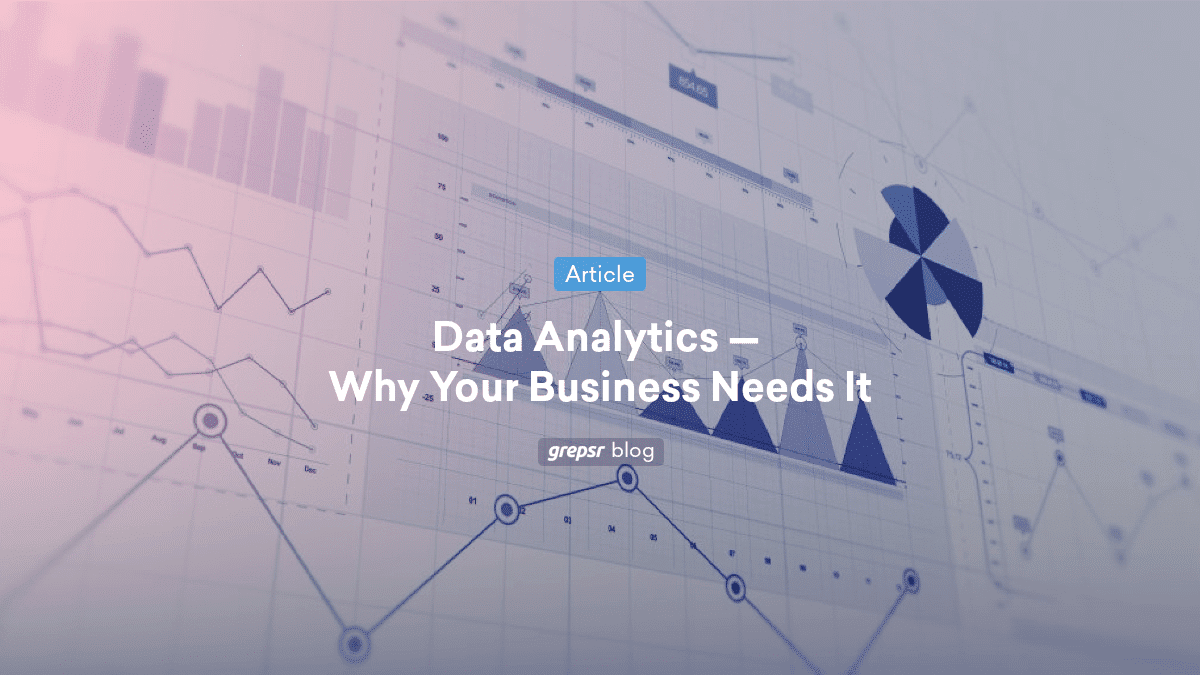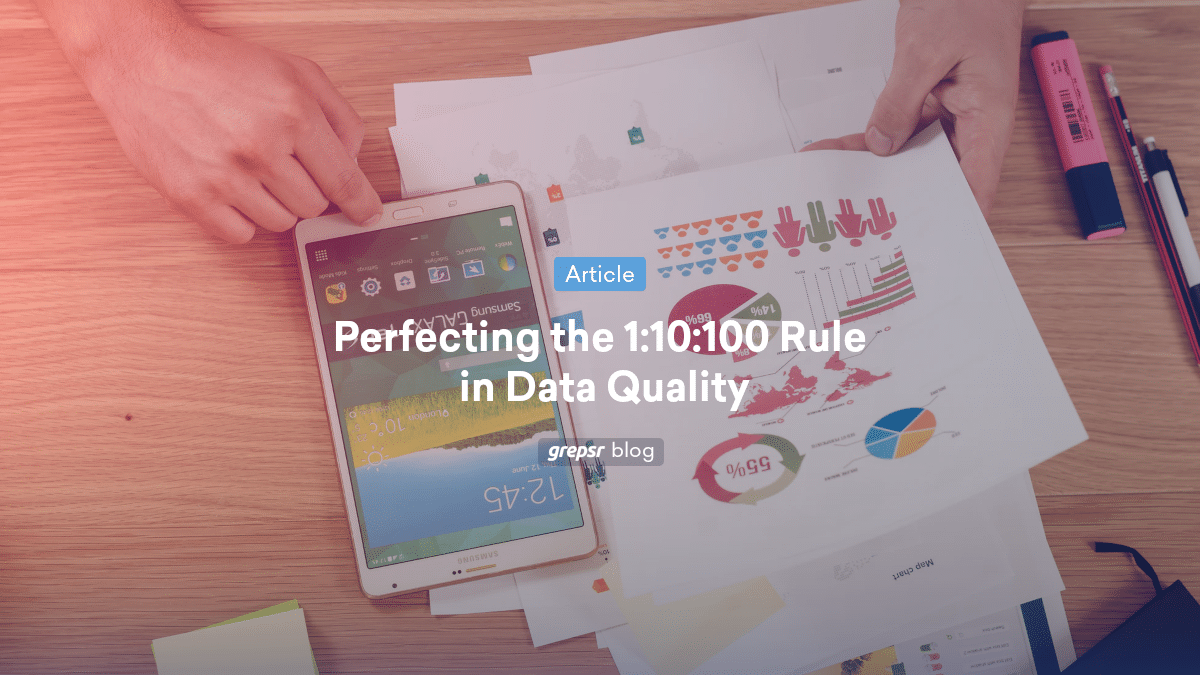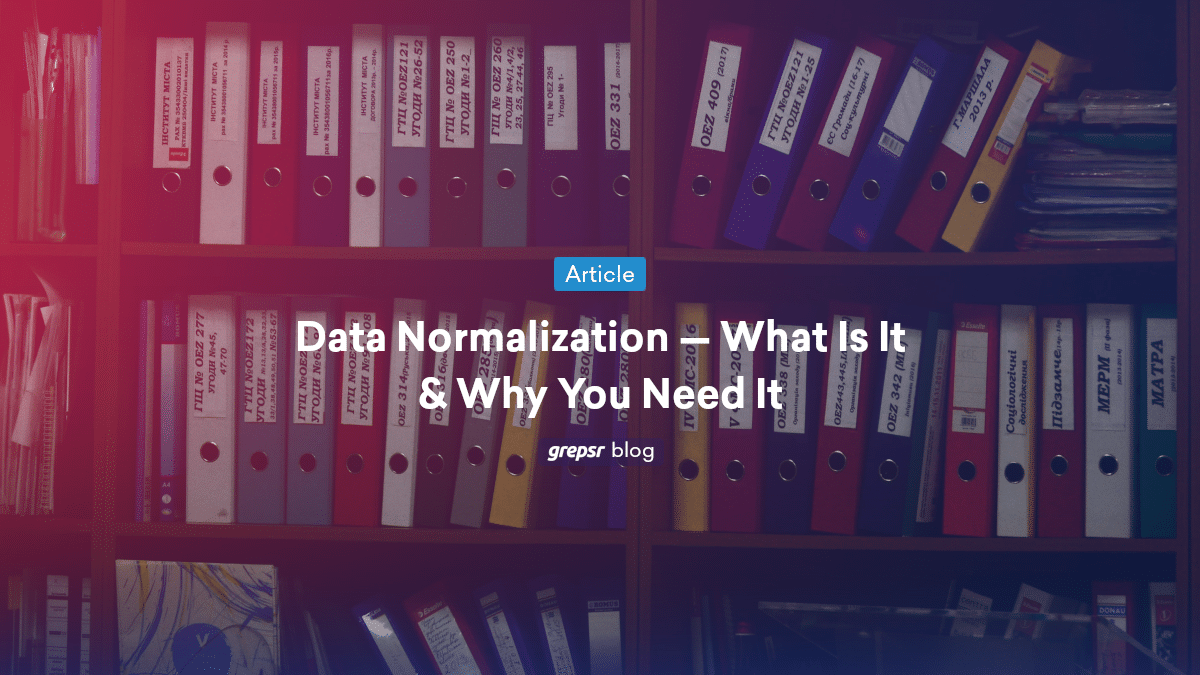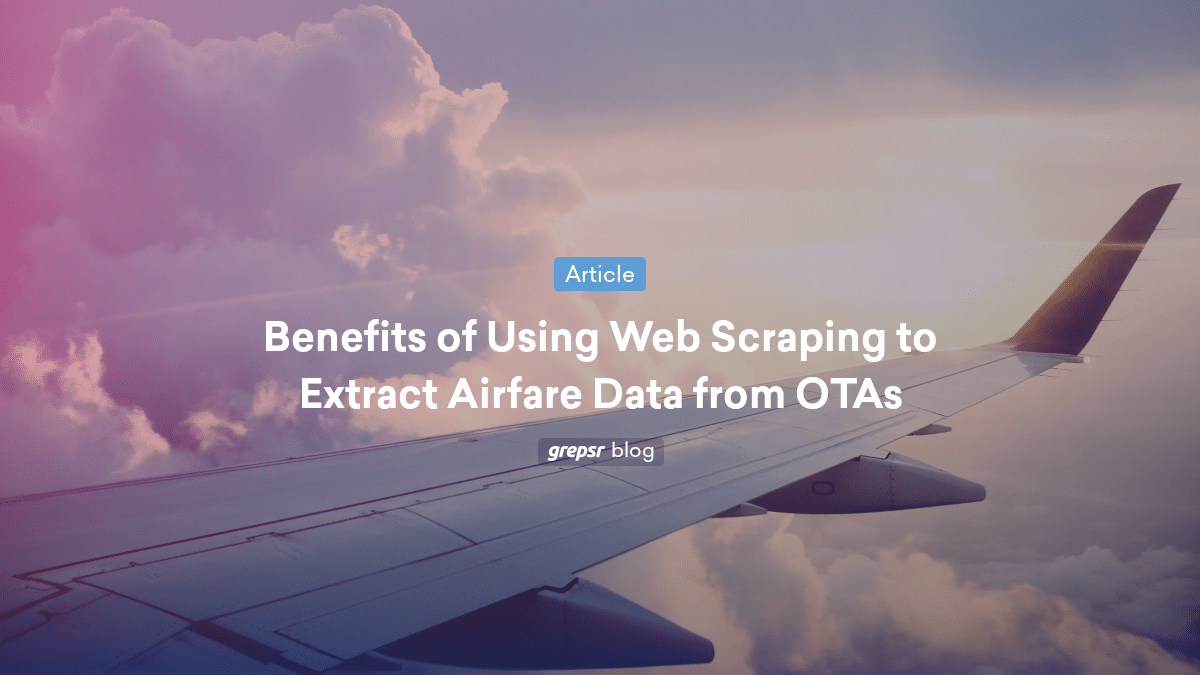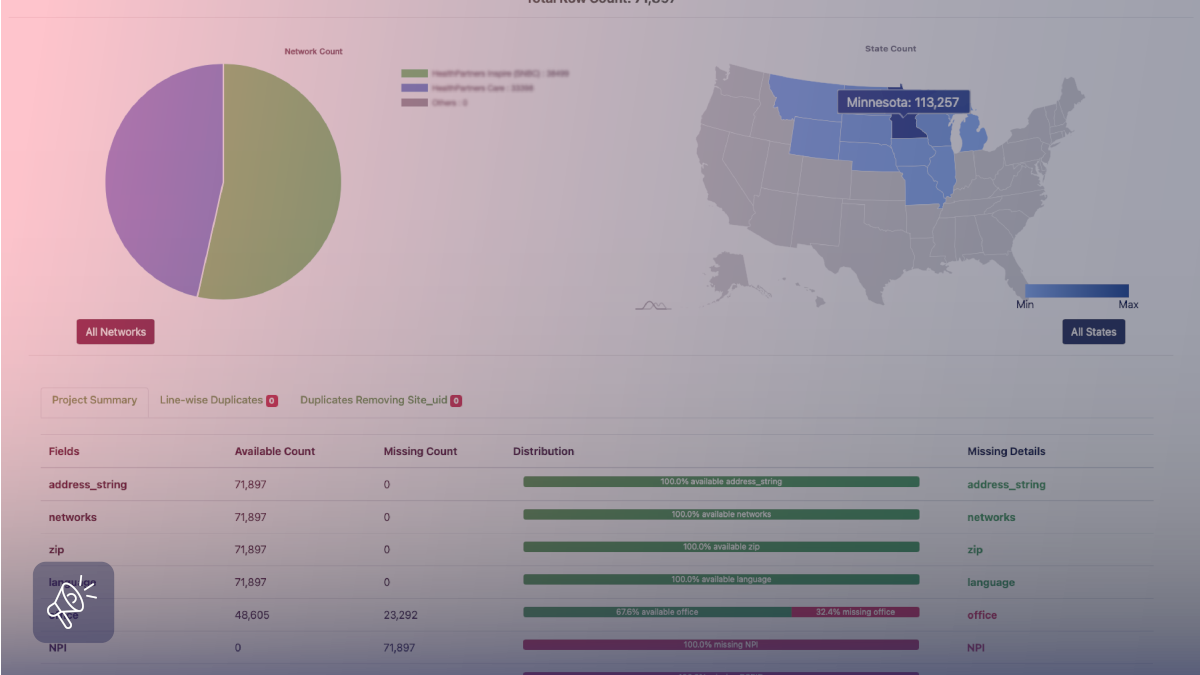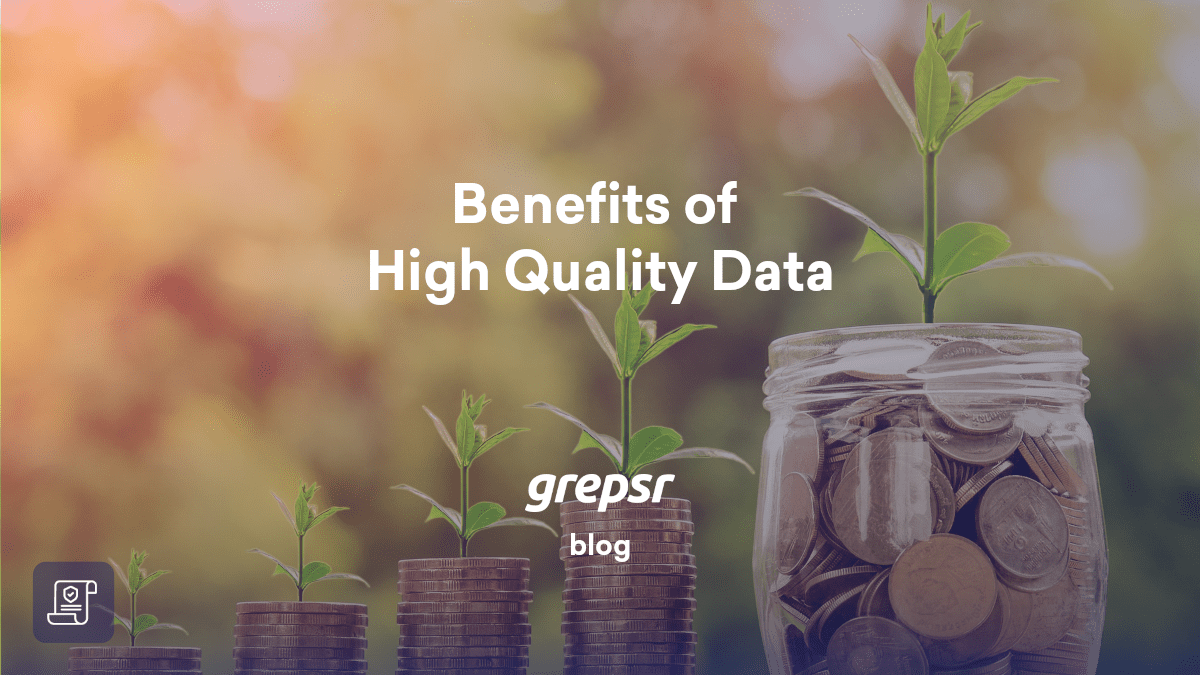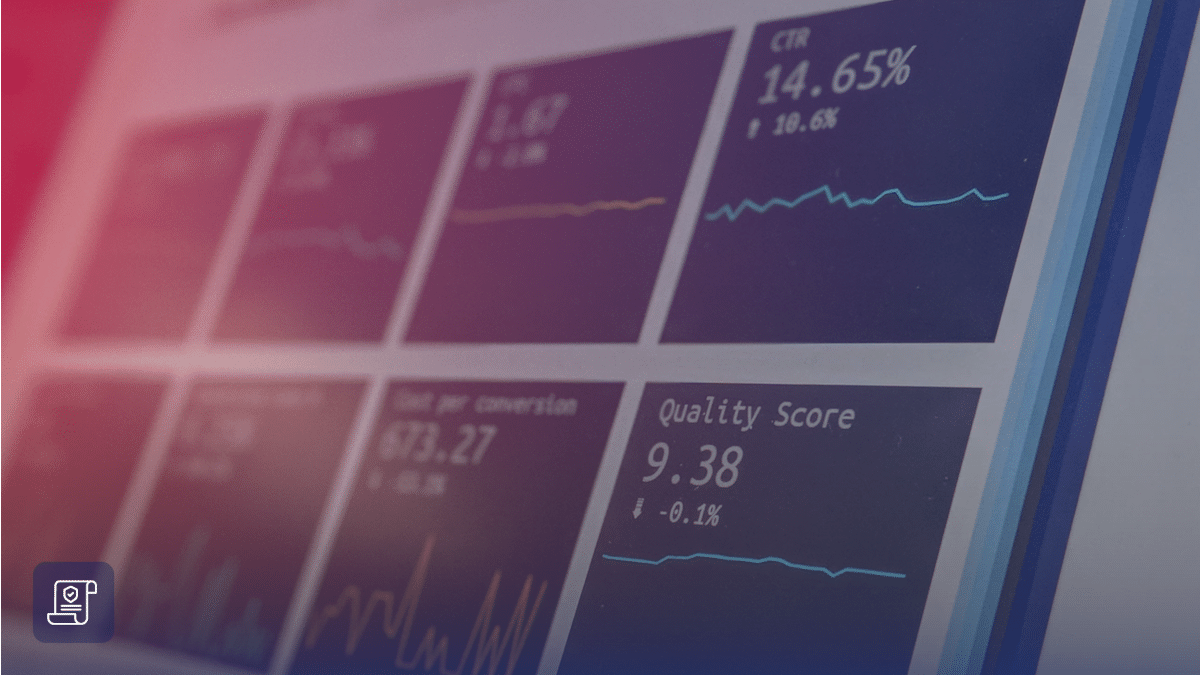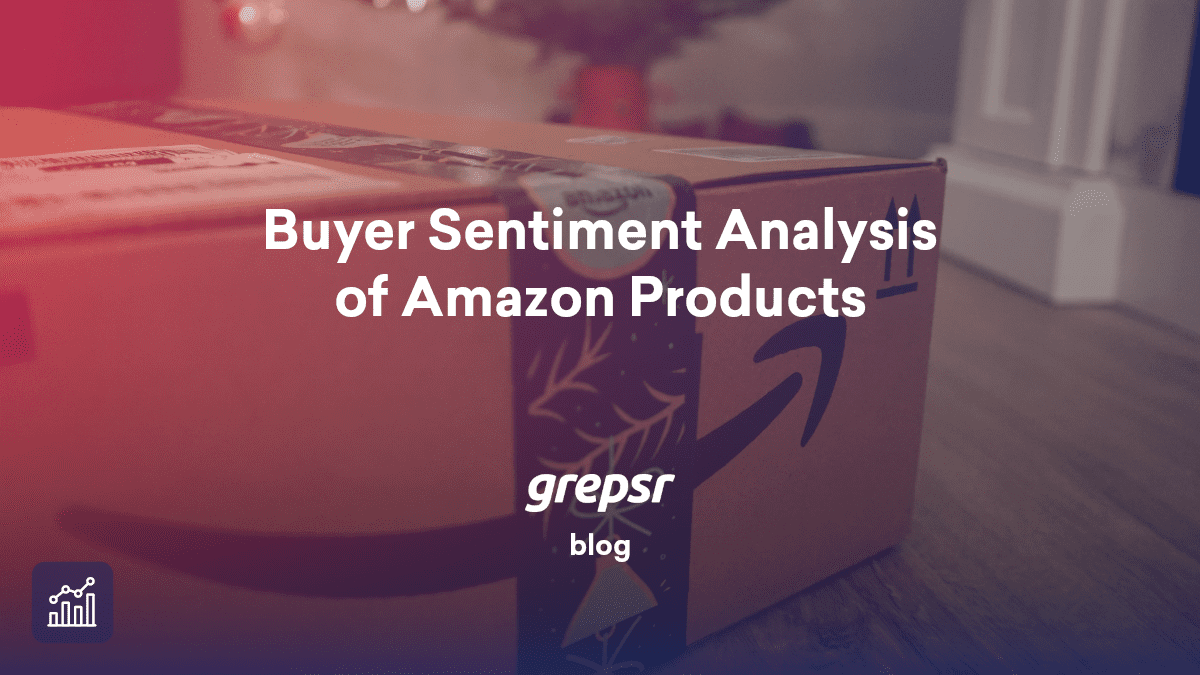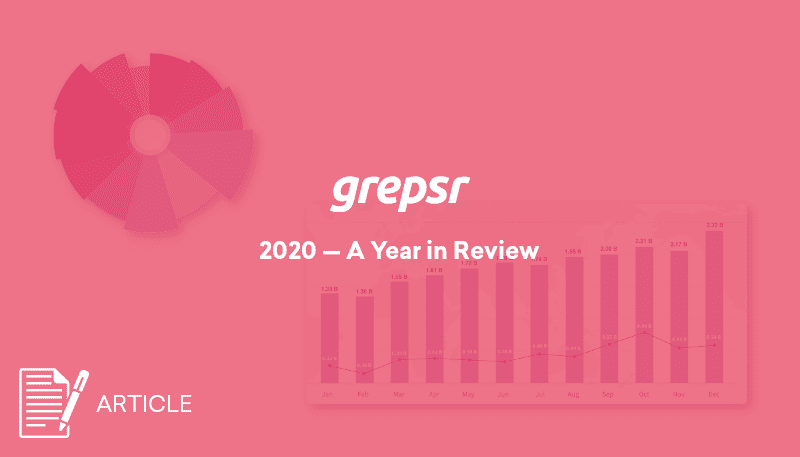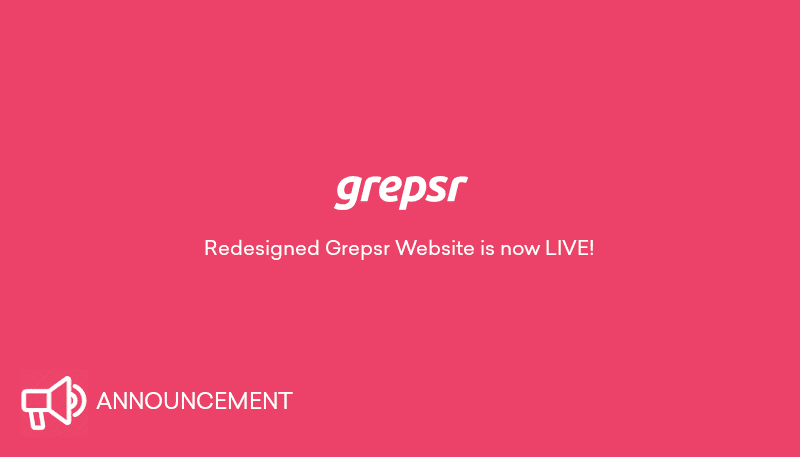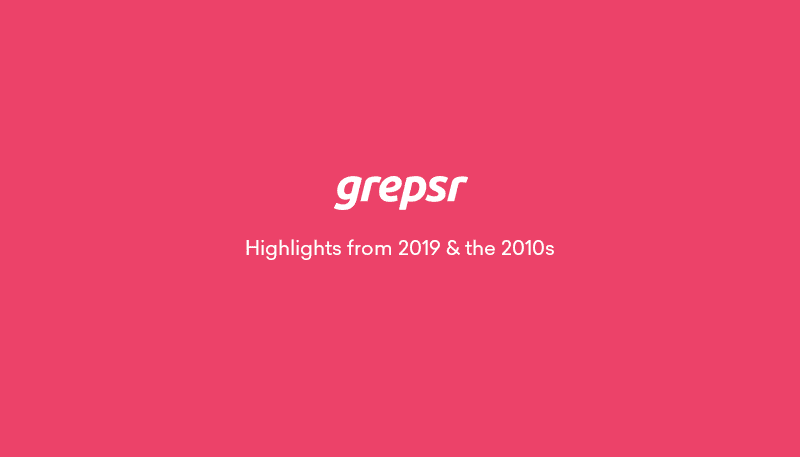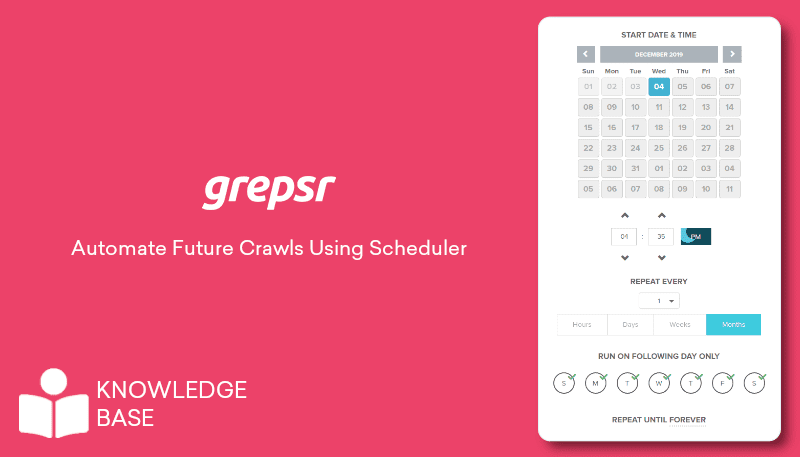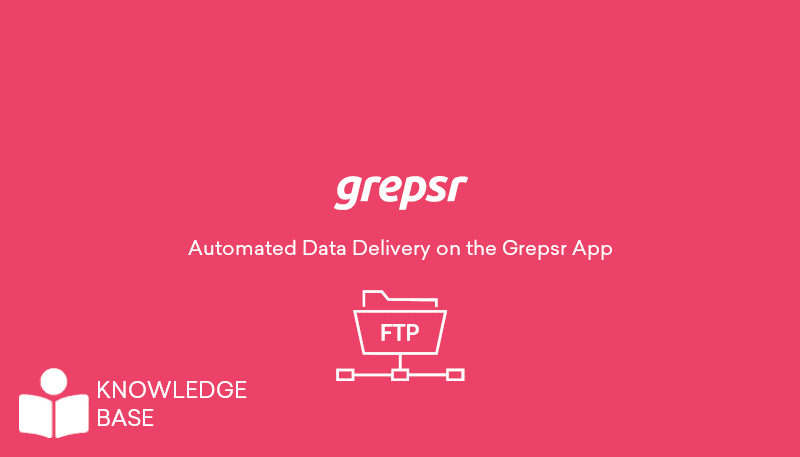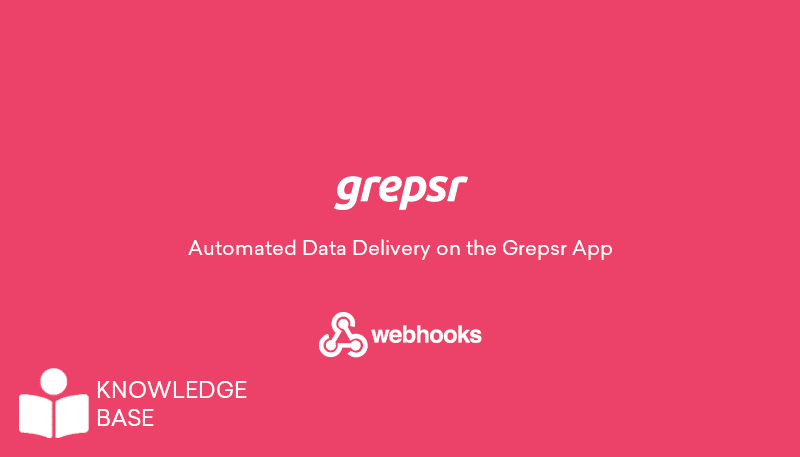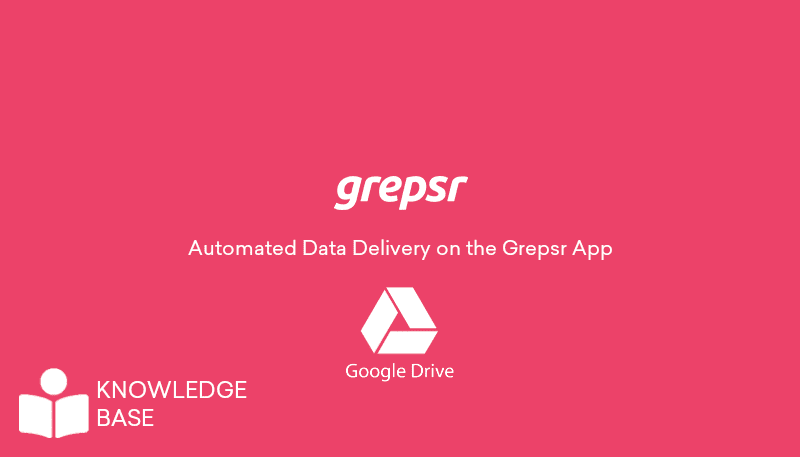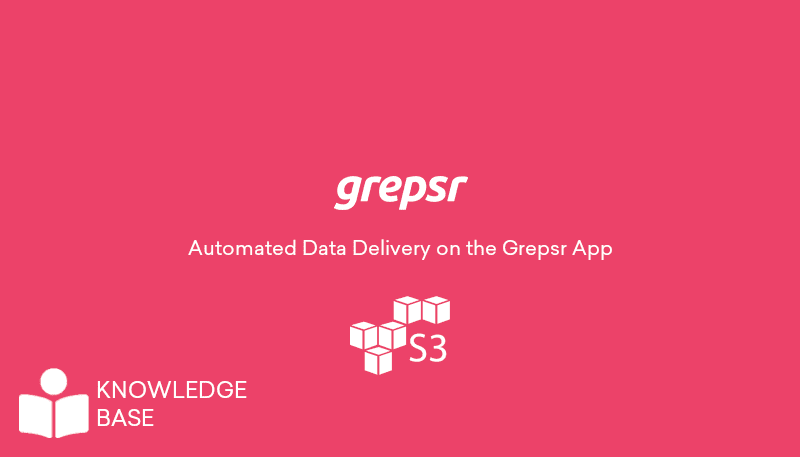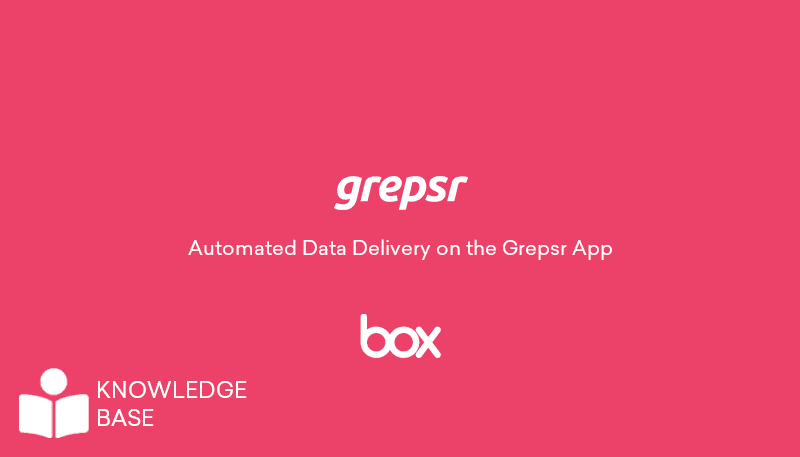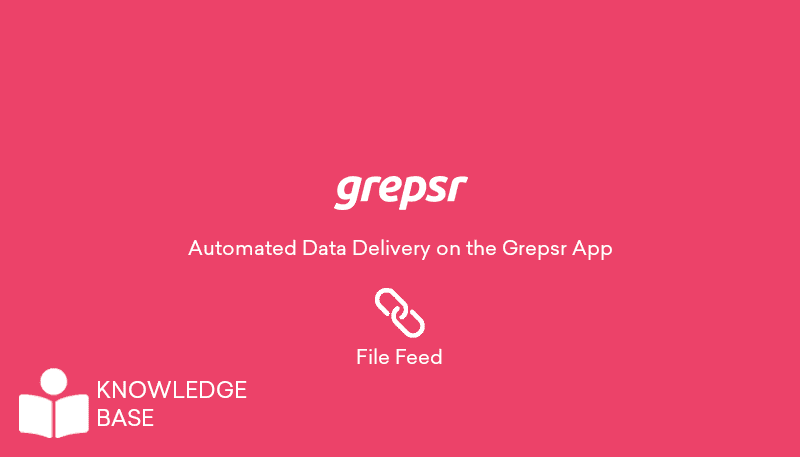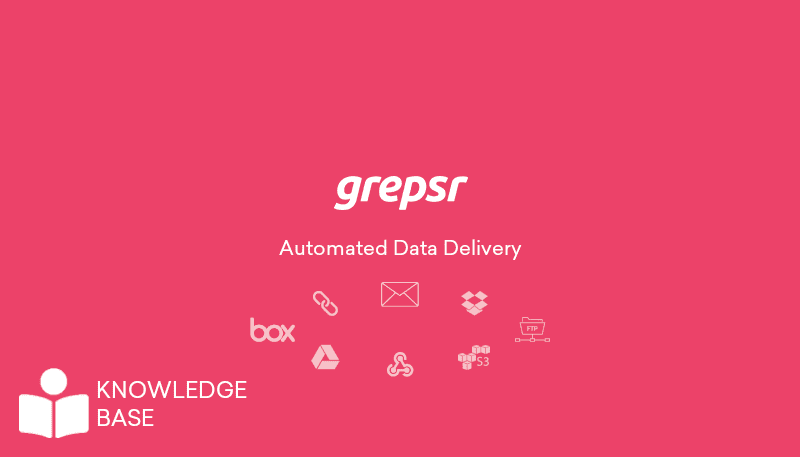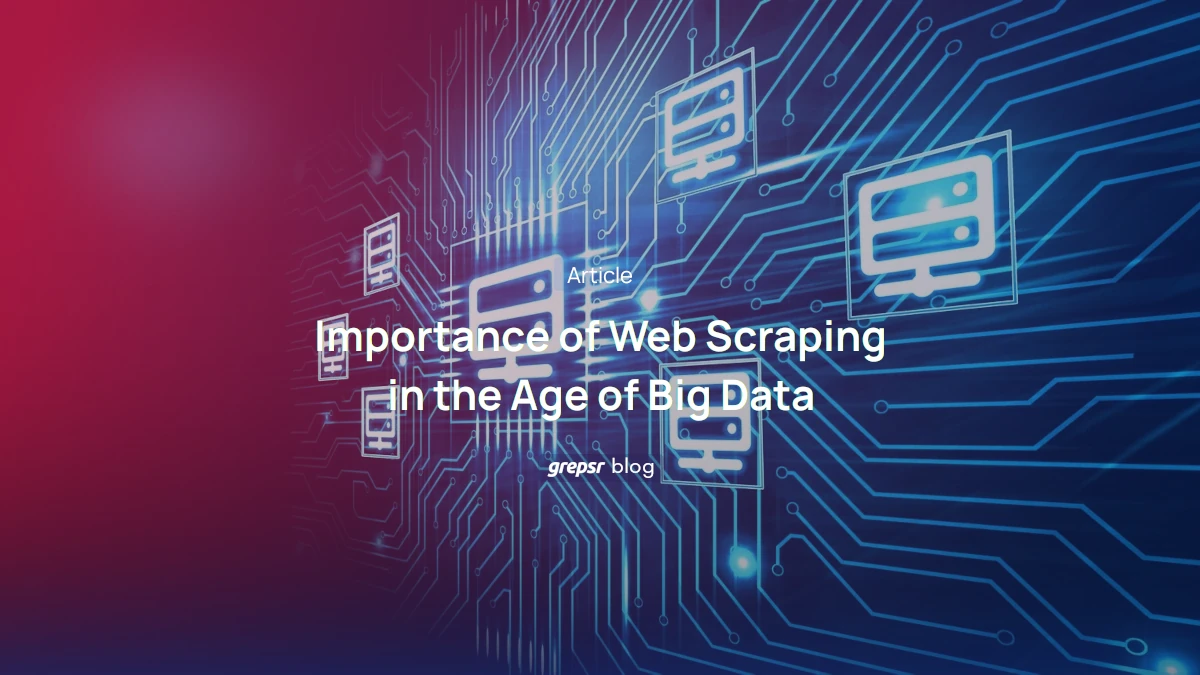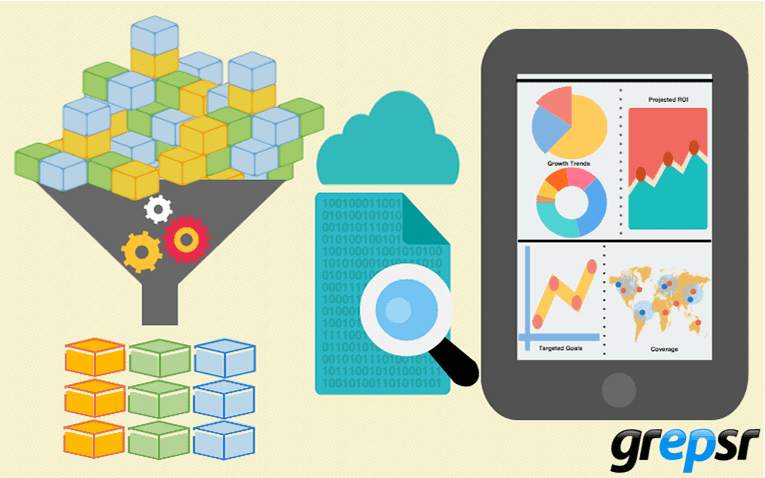Over the past couple of years, web data extraction services have become a prominent way for gathering data to drive business growth.
Today, we have far more data than we can ever imagine! Soon, the world is expected to generate roughly 181 zettabytes of data, most of which is created on public websites, product pages, reviews, marketplaces, and forums.
But the question is, are you using data to its maximum potential for your business?
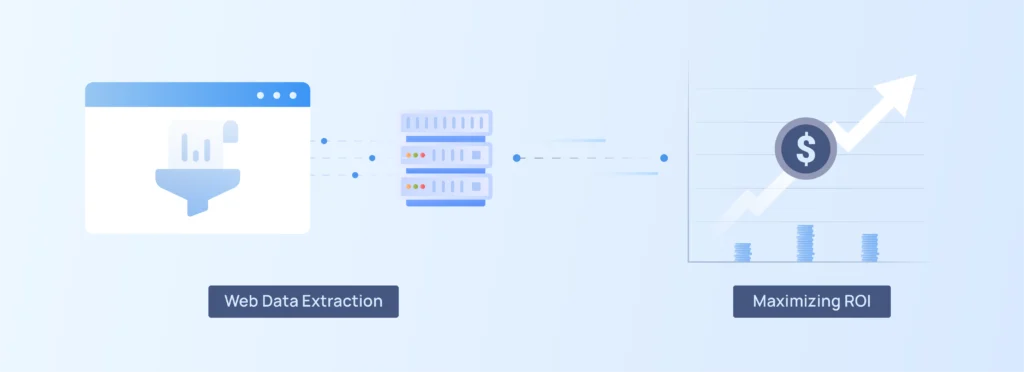
We know that today, data is the new currency, but can we utilize it in that way? Can we maximize the ROI on it? Are we even using the right web data extraction services for our business?
If you are a Leader, CIO, CFO, Business Manager, or Data Strategist, curating the correct data using the right web data extraction services is important for you.
In this blog, we will help you understand the benefits of web data extraction, ROI from web scraping, and how to maximize it.

Understanding the Benefits of Data Extraction
Most businesses want to extract data, but what exactly are the data extraction benefits? Let’s have a quick glance at it!
Web scraping gives you raw and unfiltered data about the market. Let’s say you have a product, ready to sell in the market, but you want to play it safe and smart. Here, web data extraction will play a vital role. You can extract data about the product in the already running market.
The extracted data will give you the live price of the product, inventory status, shipping promises, and customer reviews. This data will help you understand what is happening in the market and what customer sentiments are around the product.
How can you improve that experience for them? Why are the sales down for the competition? What new features or services can you add in the next version or launch?
As these types of data are unbiased, you can use them to your advantage by analyzing and asking the right questions about them. This was just an example, but for more insight into e-commerce, consider e-commerce data extraction in 2026.
Basically, the more data you have, the better decisions you take. So with the help of data and the right execution plan, your business can be positively lifted.
Okay, let’s summarize the benefits of web data extraction for a business:
- Spot the market trend
- Monitor Competitors’ moves
- Know exactly who your customers are
- Detect fraud/anomalies faster using cross-source validation
- Streamline operations
- Improve lead generation
- Boost customer support with unified tickets, reviews, and social mentions
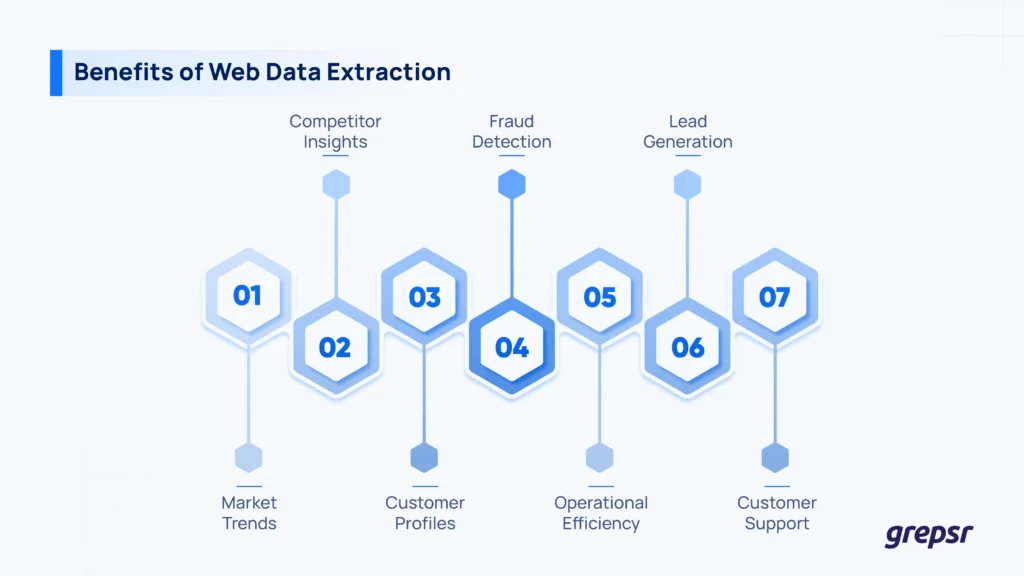
Measuring ROI from Web Scraping
Web data extraction services are a kind of investment. When we say investment, there’s also an ROI.
Let’s discuss how you can measure your ROI from web scraping services.
ROI % = [(Benefits − Costs) ÷ Costs] × 100
Your job is to make the “Benefits” bucket bigger across three simple areas.
1) Cost savings: fewer busywork hours, fewer fixes
Web scraping automates the copy-paste grind and cuts rework from bad data.
How it shows up: fewer analyst hours, fewer manual errors, fewer refunds caused by wrong info.
How to measure: track weekly hours spent collecting/cleaning data, multiply by fully loaded hourly rates, and add what you usually spend fixing errors. Compare that total to vendor + infra costs.
Tiny example: If you save 30 hours a week at ₹1,200/hour, that’s ₹36,000 saved weekly before you even count fewer mistakes.
2) Speed to insight: faster answers, faster actions
Fresh data means you can react while it still matters.
How it shows up: same-day price updates, earlier reorders to avoid stockouts, quicker campaign tweaks.
How to measure:
- Time from competitor price change to your update
- Days of stockout avoided
- Lead time from “question” to “answer in BI”
Target: move from days to hours. Then tie each faster move to a KPI like margin, conversion, or stockout days.
3) Quality and accuracy: decisions you can trust
Clean, up-to-date data makes confident decisions routine.
How it shows up: fewer dashboard “surprises,” tighter forecasts, stronger pricing calls.
How to measure:
- Freshness: Is the data newer than your SLA?
- Completeness: required fields filled (price, availability, timestamp)
- Error rate: duplicates, parse errors per 1,000 rows
- Lineage: Can you trace every number back to its source?
Practical guardrails: freshness within 24 hours for pricing, >98% field completeness, <0.5% duplicates, lineage on every metric.
Add the value of time saved, fewer errors, and the revenue lift from quicker actions. Subtract vendor, infra, QA, and legal costs. Track the ROI monthly and quarterly.
If the “time, quality, and speed” lines keep improving, the money line will follow, and your web scraping program will keep compounding returns.
Using Data-Driven ROI for Business Intelligence
Your goal of using the scraped web data is to make better decisions, not overwhelm yourself with data charts.
Predictive analysis: When your team is regularly updated on your every competitor’s move, be it price, promotions, or customer feedback on their products. You can use it to your advantage by predicting the outcomes.
Strategic Planning: Business Intelligence data reveals your gaps before any internal reports do. For example, if any customer praises your product, its material, or a feature, you should push it more. On the other hand, if anything underperforms, you can pause it.
Personalized Marketing Strategies: With data, your marketing becomes laser sharp. You can use your customer data around your product and can easily create a buyer persona to target similar prospects in your next market campaign. Data also tells you the pain points and negative factors about their product/service. You can use it as a hook to grab attention.
How to Implement a Robust Data Strategy
Start small and earn trust. Pick one business question that already matters and answer it well with a few reliable sources.
Pick one straightforward question.
- Ask a single, high-value question the business already cares about.
- Examples: “Are we mispriced?”, “Which features matter most?”, “Which unauthorized sellers are hurting us?”
- Choose a small set of authoritative sources that can answer that question.
Write a short data contract before you collect anything
- List the fields you will capture, such as price, availability, and timestamp.
- Define how fresh the data must be so teams know when to trust it.
- Set simple rules for what makes a row valid.
- Save raw snapshots or HTML so every record has proof of origin.
- Publish one small, trusted view in your BI tool that people use every day.
Tighten quality as you grow
- Add automatic checks for duplicates and missing fields.
- Set alerts for odd price swings and sudden drops in row counts.
- Monitor pipelines so failures are caught before they reach a dashboard.
- Keep lineage mandatory so you can always trace the origin of a number.
Build compliance and ethics from day one
- Involve legal counsel early, especially when terms of service or contracts apply.
- If personal data appears, use a lawful basis under GDPR, often legitimate interests, with a documented balancing test.
- Minimize what you collect, set retention timelines, and support user rights requests.
Follow good-citizen crawling norms
- Treat robots.txt as guidance you honor.
- Keep private content private by using noindex or authentication where appropriate.
- Prefer official APIs when they exist and rate-limit your crawls.
- Provide a clear contact path for site owners and respond quickly to concerns.
Run this rhythm consistently. Start narrow, prove reliability, connect data to action, then expand what works. That is how web data turns into steady, compounding ROI.
Conclusion: Maximize ROI with Web Scraping Services
Now that you know the benefits of using web data extraction services and how to utilize them for maximum ROI, it’s time to implement them in your business.
Start small, start with a single business question. Fetch reliable data, prove it in B.I. Execute it in your business, measure it, and try to maximize it soon. Keep compounding!
If you are someone who is clear about the data extraction and now wants someone to do the proper data extraction for your business, Grepsr, is the one to go for!
We first understand your requirements and suggest possible data that can be extracted that will be useful for your business. Get in touch with our sales team and let us help you with your business growth to the next level.







